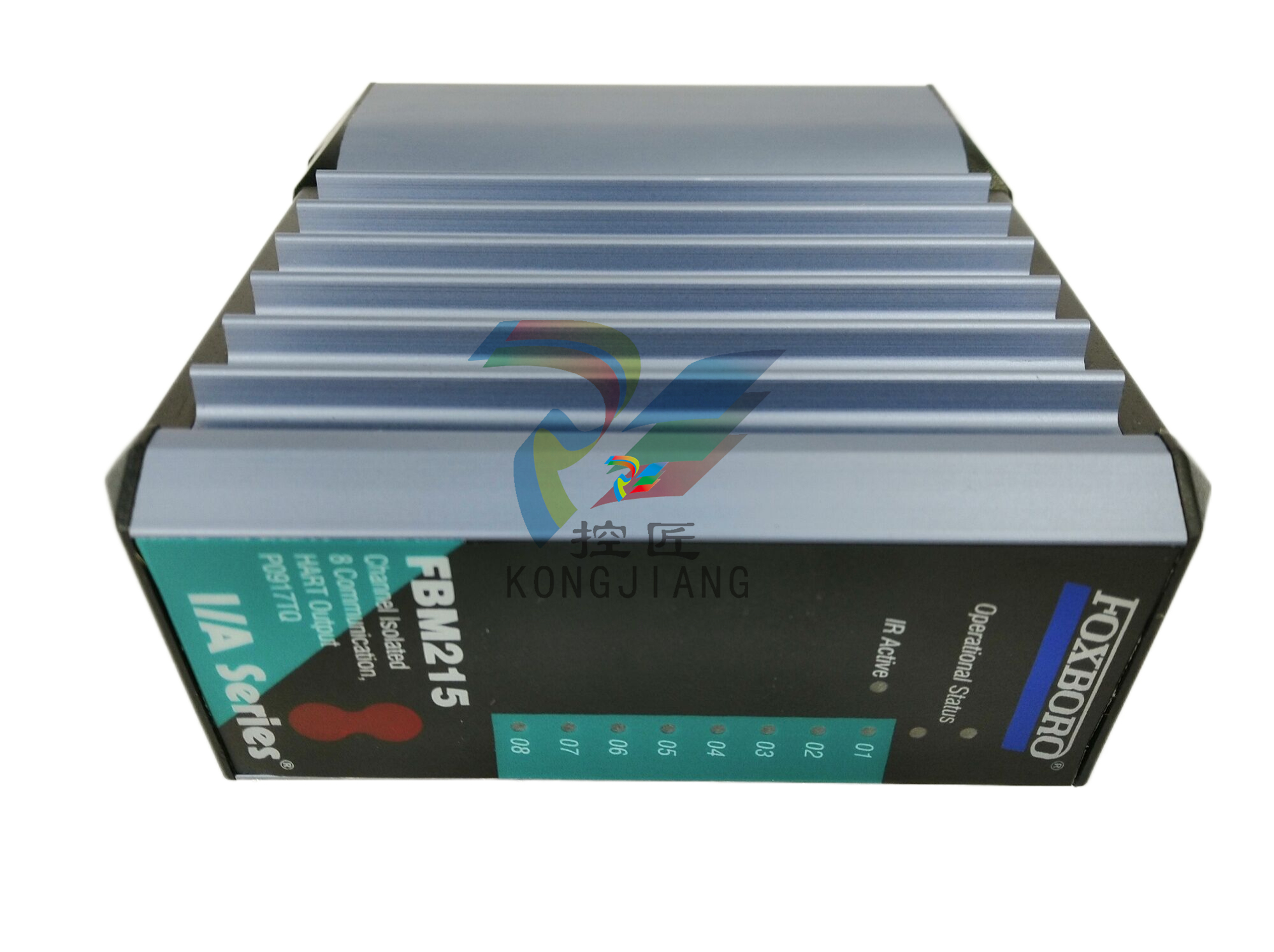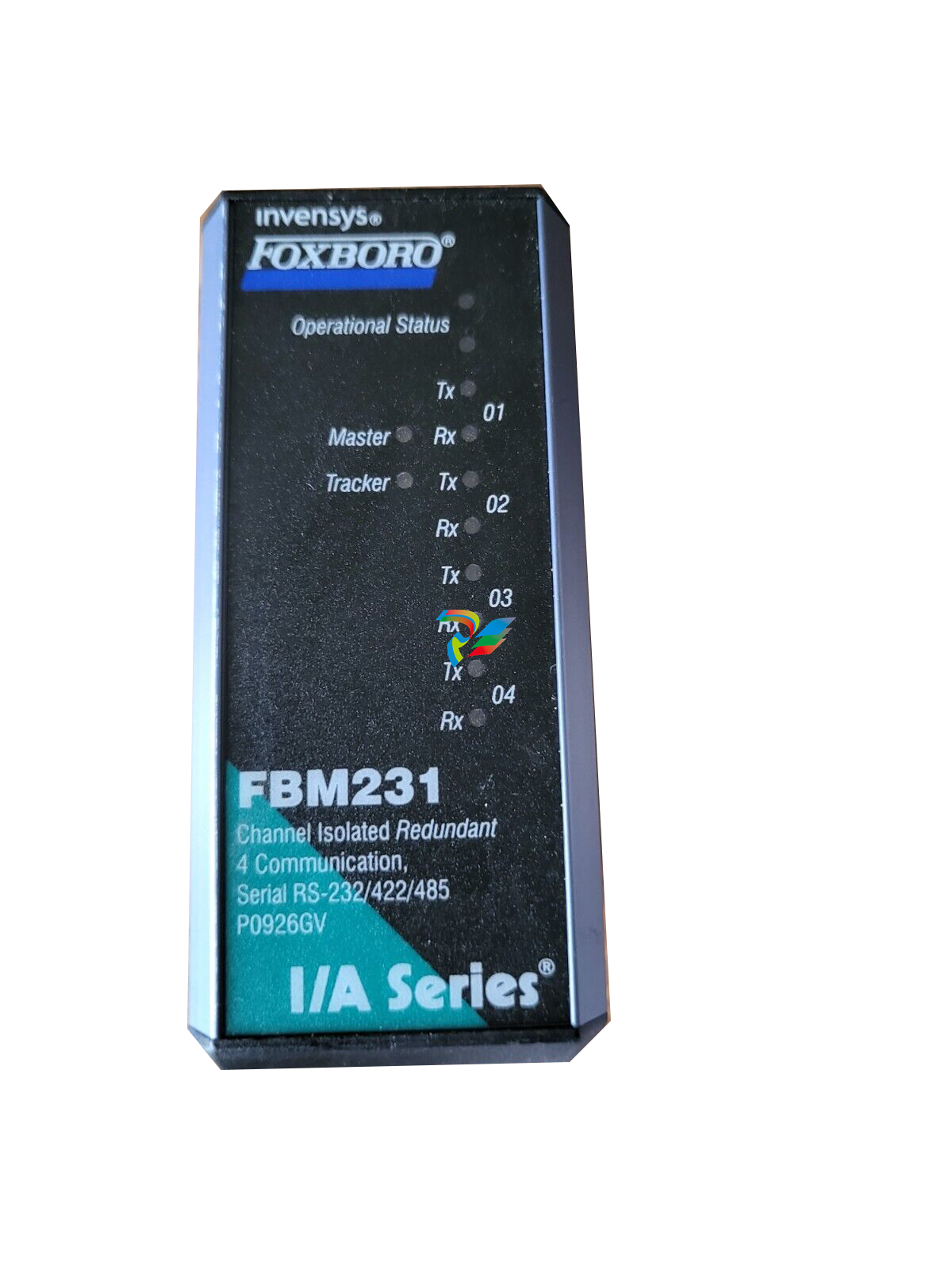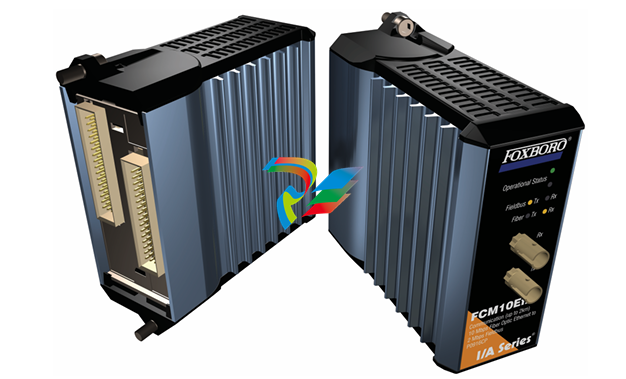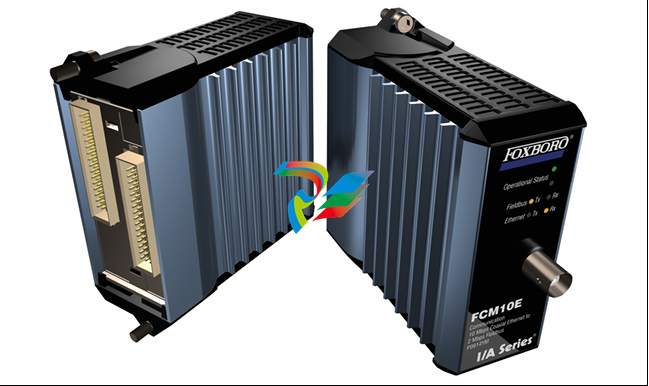
DCS; Industrial control system
Product
Article
NameDescriptionContent
NEW CENTER
Current Location:
Industrial Automation Equipment: Reshaping Manufacturing's Future
From:
|
Author:huang
|
Time :2024-11-08
|
239 Browse:
|
Share:
Industrial automation equipment refers to machine devices that can automatically complete all or part of the manufacturing process. It plays a crucial role in modern manufacturing. In today's highly competitive manufacturing landscape, industrial automation equipment holds significant importance.
With the continuous development of technology, industrial automation equipment has become an essential tool for manufacturers to improve production efficiency and product quality. For example, programmable logic controllers (PLCs) are widely used in industrial environments to control and monitor production processes. Servo systems ensure accurate positioning and control of mechanical components, while variable frequency drives (VFDs) regulate the speed of motors to optimize energy consumption.
The significance of industrial automation equipment lies in several aspects. Firstly, it reduces labor costs by minimizing the need for manual intervention. This not only saves on wages but also reduces the risk of human errors. Secondly, it increases production speed and throughput, enabling manufacturers to meet market demands more efficiently. Moreover, automation equipment can perform repetitive tasks with high precision, resulting in consistent product quality.
In addition, industrial automation equipment contributes to sustainable manufacturing. By optimizing energy consumption and reducing waste, it helps manufacturers reduce their environmental footprint. For instance, advanced sensors and control systems can monitor energy usage and adjust processes to minimize energy waste.
Overall, industrial automation equipment is transforming the manufacturing industry by providing intelligent solutions that enhance productivity, quality, and sustainability.
二、Intelligent Advantages in Manufacturing
(一)Enhanced Efficiency and Productivity
Intelligent industrial automation equipment significantly enhances manufacturing efficiency and productivity. For instance, advanced robotic systems can perform tasks at a much faster rate than human workers. According to research, automated production lines can increase production output by up to 50%. These robots are equipped with sensors and artificial intelligence algorithms that enable them to adapt to different tasks and environments quickly.
Intelligent scheduling and optimization software can also maximize the utilization of production resources. By analyzing production data in real-time, these systems can determine the most efficient production schedules and allocate resources accordingly. This reduces downtime and idle time, leading to increased productivity.
(二)Improved Quality Control
Intelligent automation plays a crucial role in ensuring consistent product quality. Sensors and vision systems can detect even the slightest defects in products, ensuring that only high-quality items are produced. For example, in the electronics industry, automated inspection systems can detect microscopic flaws in circuit boards that would be difficult for human inspectors to find.
Moreover, intelligent control systems can monitor and adjust production processes in real-time to maintain optimal quality. If a deviation from the desired quality standard is detected, the system can automatically make adjustments to correct the issue. This results in a significant reduction in the number of defective products and improves customer satisfaction.
(三)Flexible Production
Intelligent automation offers great flexibility in meeting diverse manufacturing needs. Programmable automation systems can be easily reconfigured to produce different products or adapt to changes in product specifications. This allows manufacturers to respond quickly to market demands and changes in customer preferences.
For example, flexible manufacturing systems can produce a wide range of products on the same production line with minimal setup time. This not only increases production efficiency but also reduces inventory costs. Additionally, intelligent automation can enable mass customization, allowing manufacturers to produce personalized products for individual customers. According to industry reports, the market for mass customization is expected to grow significantly in the coming years, driven by the increasing demand for personalized products.
三、Impact on Manufacturing Landscape
(一)Transforming Traditional Manufacturing Processes
Industrial automation equipment is revolutionizing traditional manufacturing processes in several ways. Firstly, it is replacing manual labor in repetitive and dangerous tasks. For example, in the automotive industry, robots are now used for welding and assembly operations, reducing the risk of injury to workers and improving productivity. According to industry data, the use of industrial automation equipment in the automotive sector has increased production efficiency by up to 30%.
Secondly, automation is enabling more precise and consistent manufacturing. Advanced sensors and control systems can monitor and adjust production processes in real-time, ensuring that products are manufactured to exact specifications. This is particularly important in industries such as electronics and aerospace, where even the slightest deviation can lead to product failure.
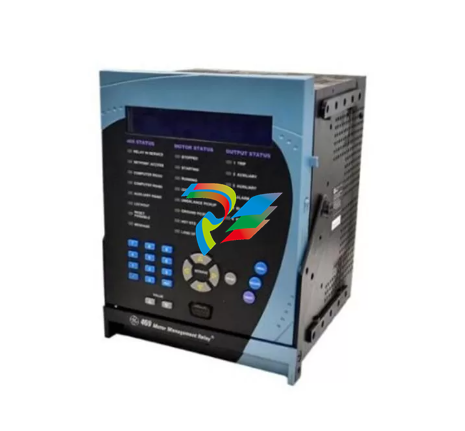
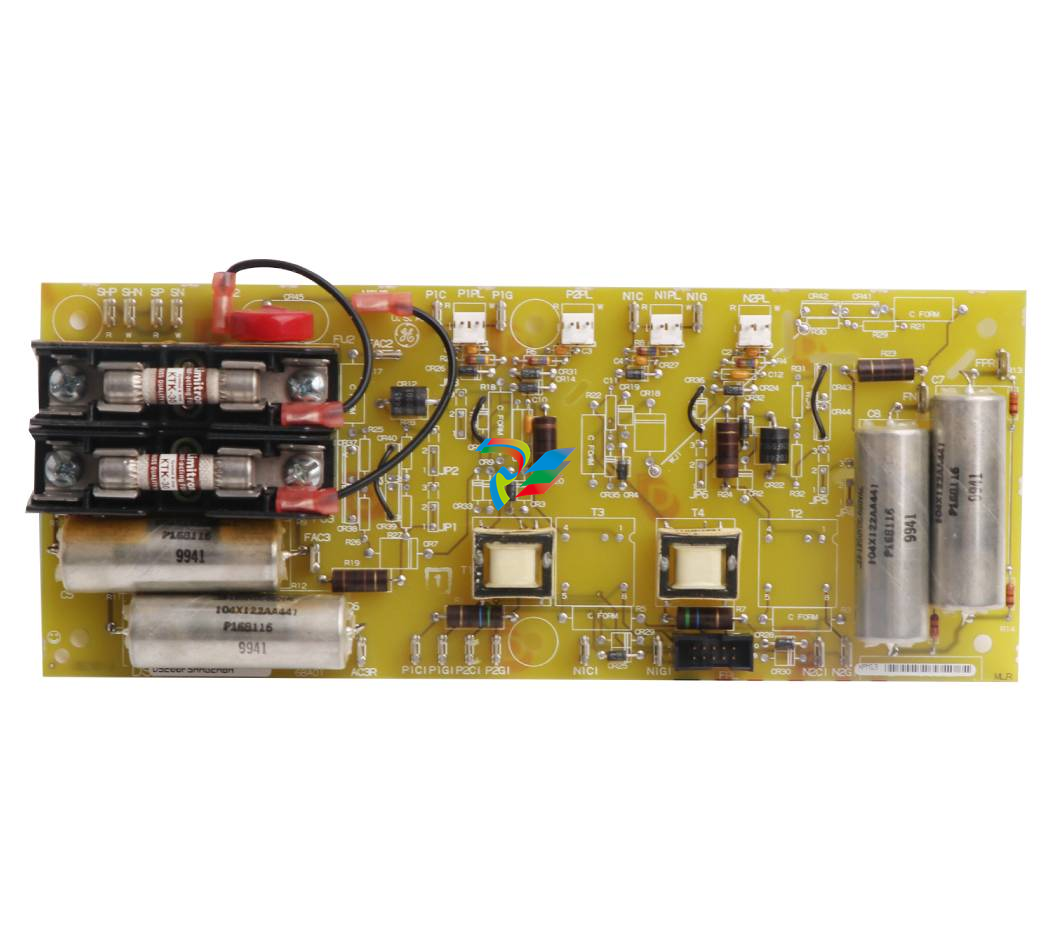
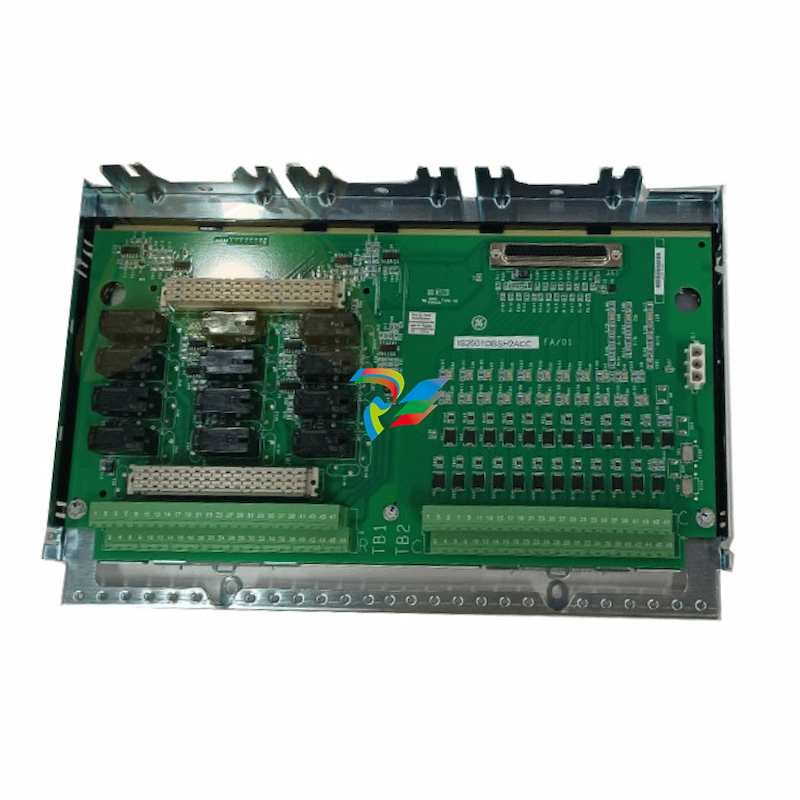
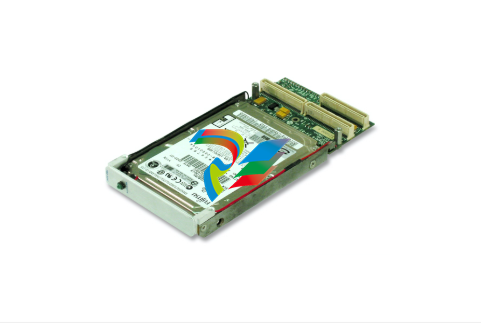
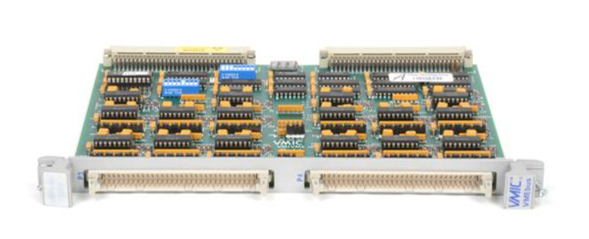
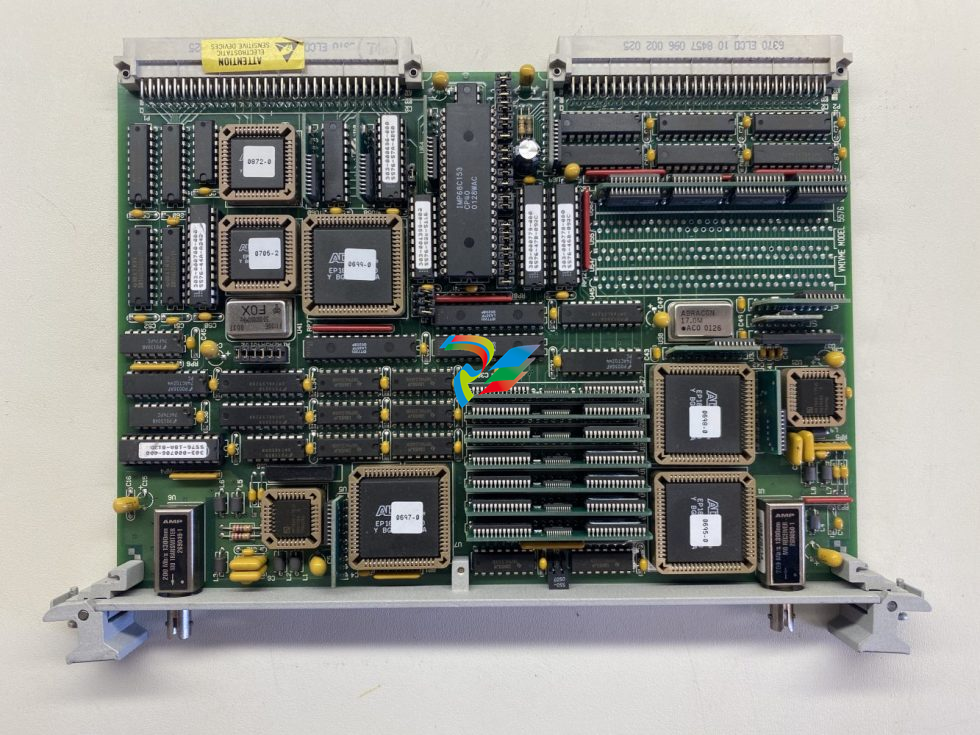
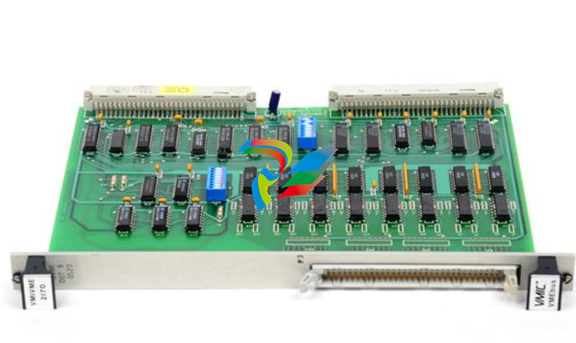
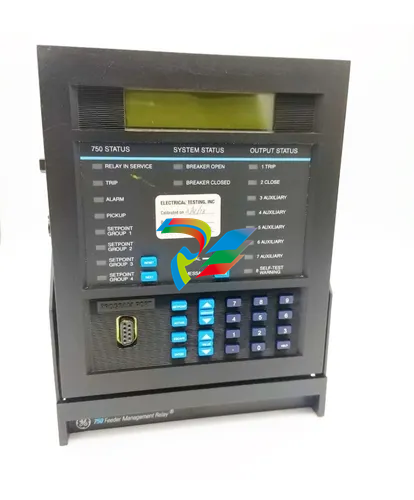
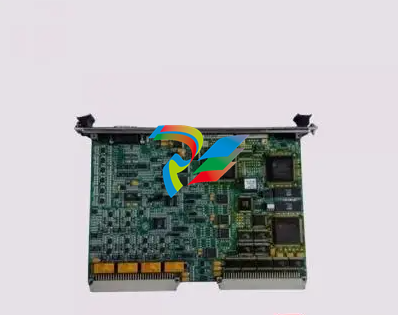
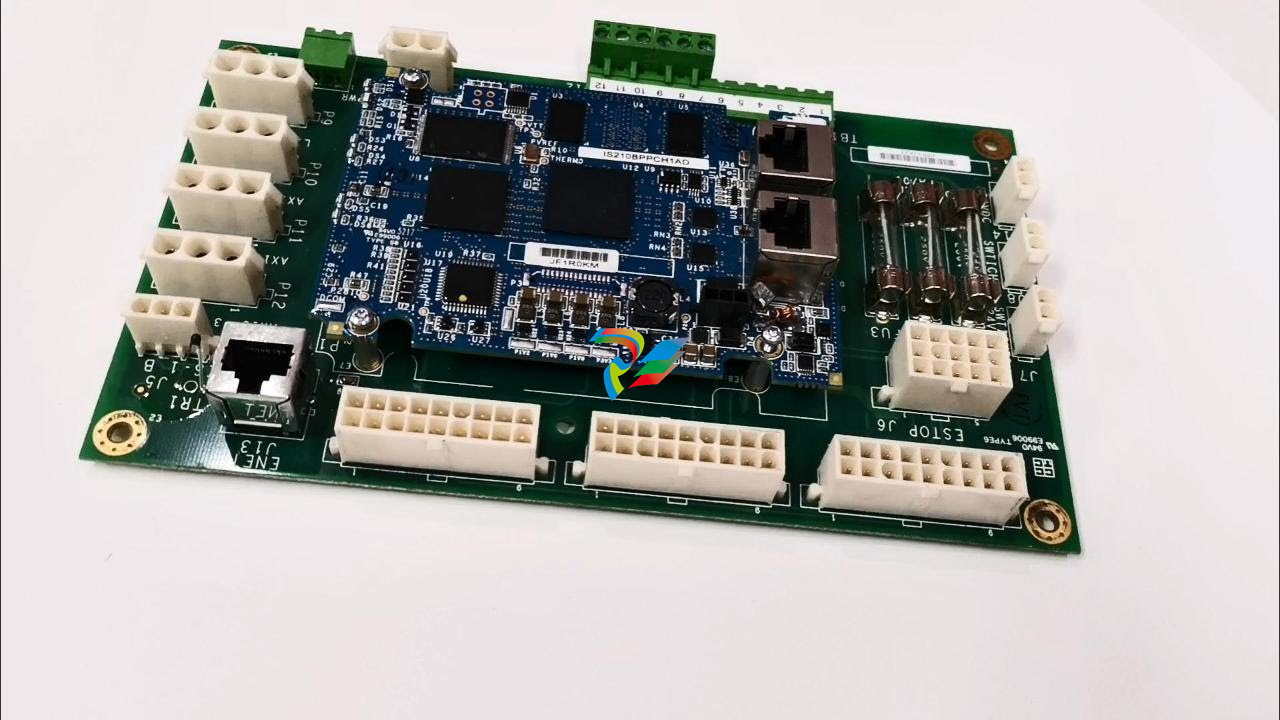
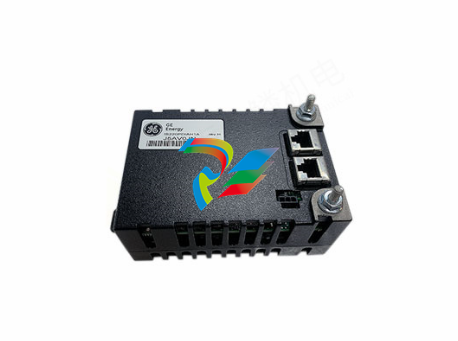
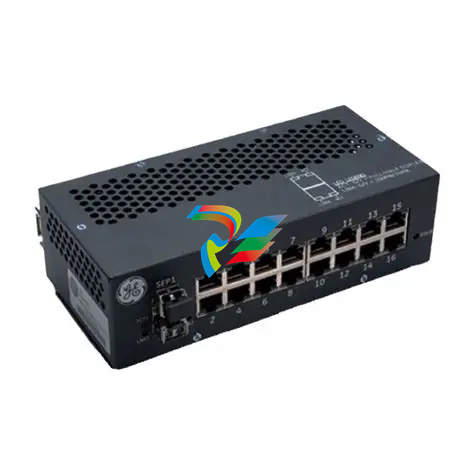
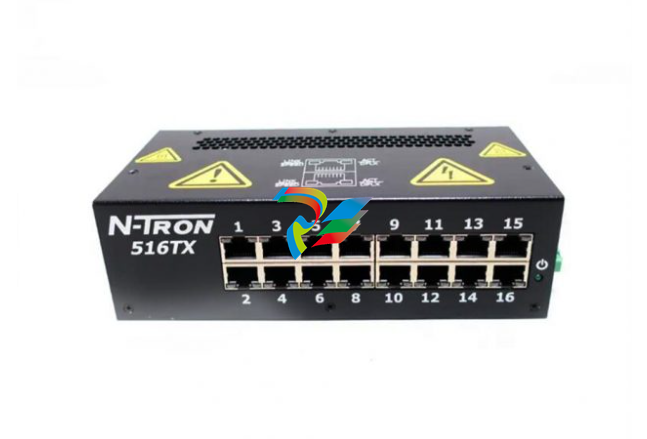
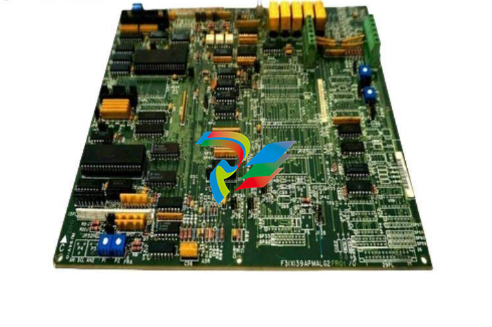
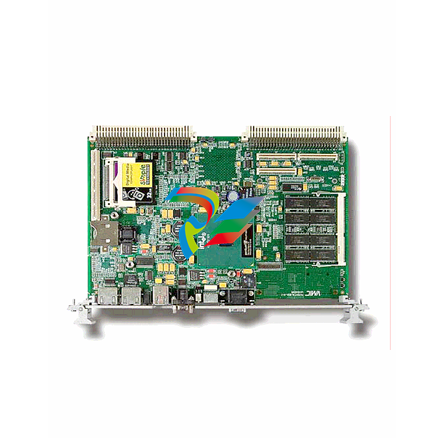
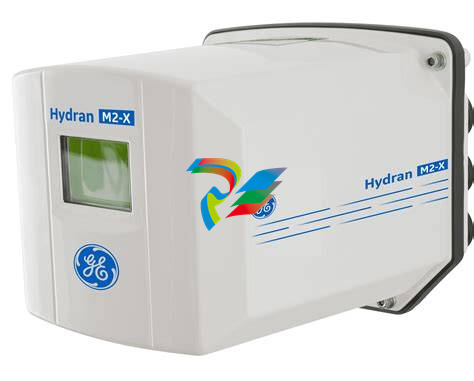
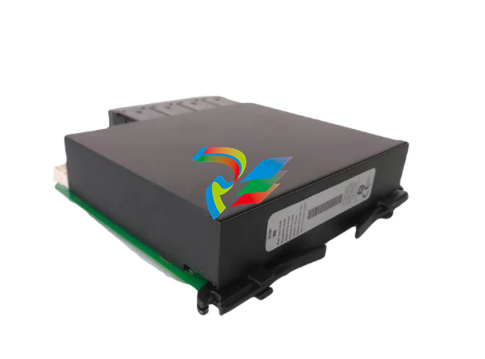
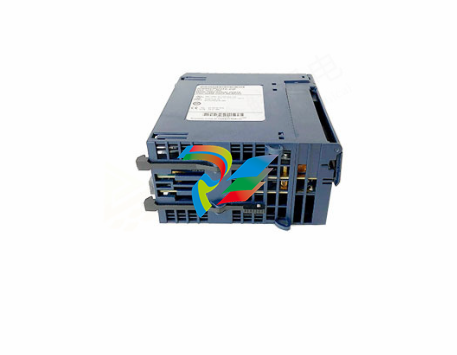
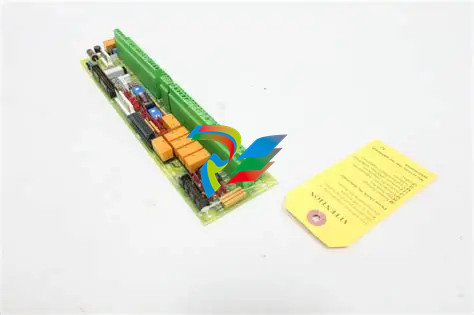
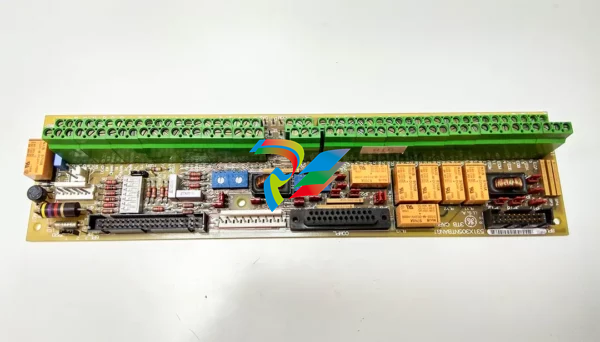
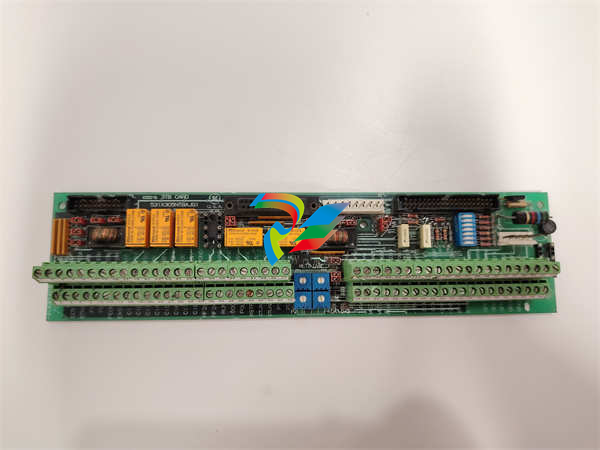

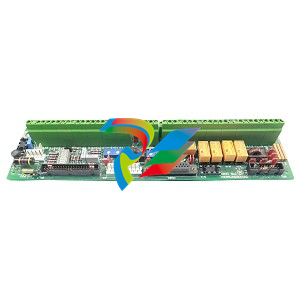
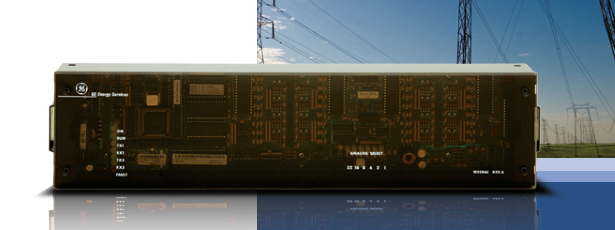
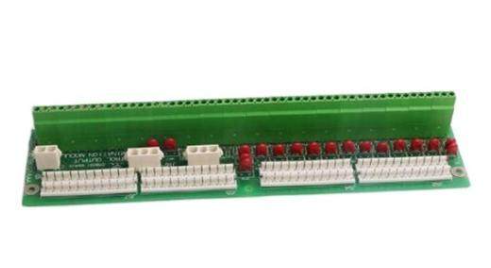
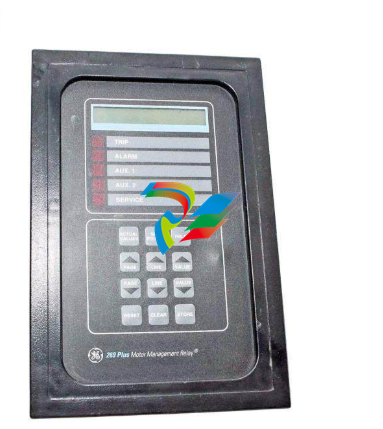
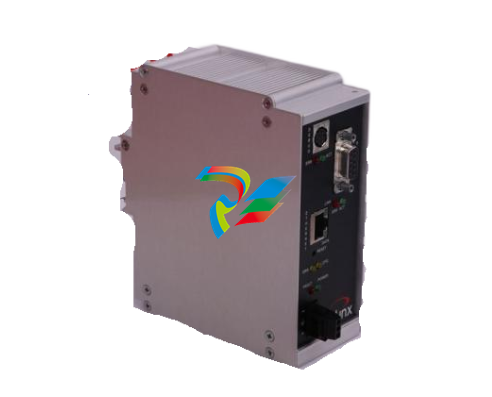
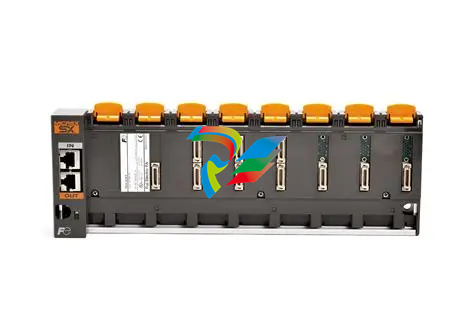
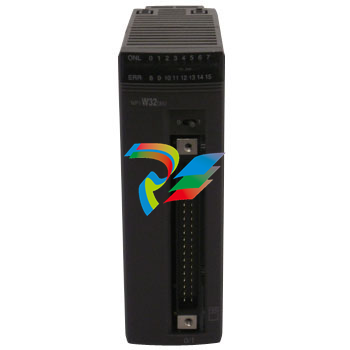
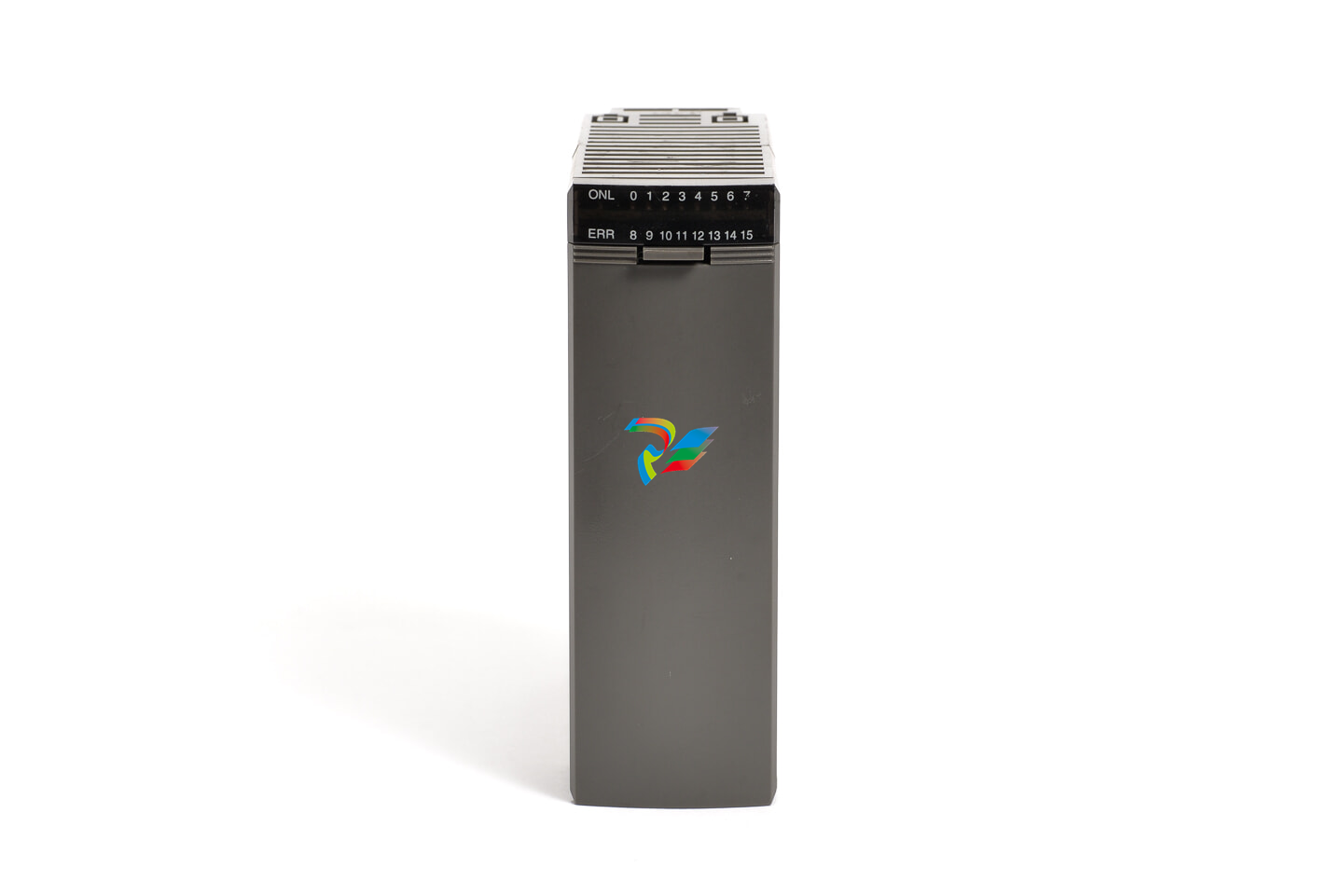
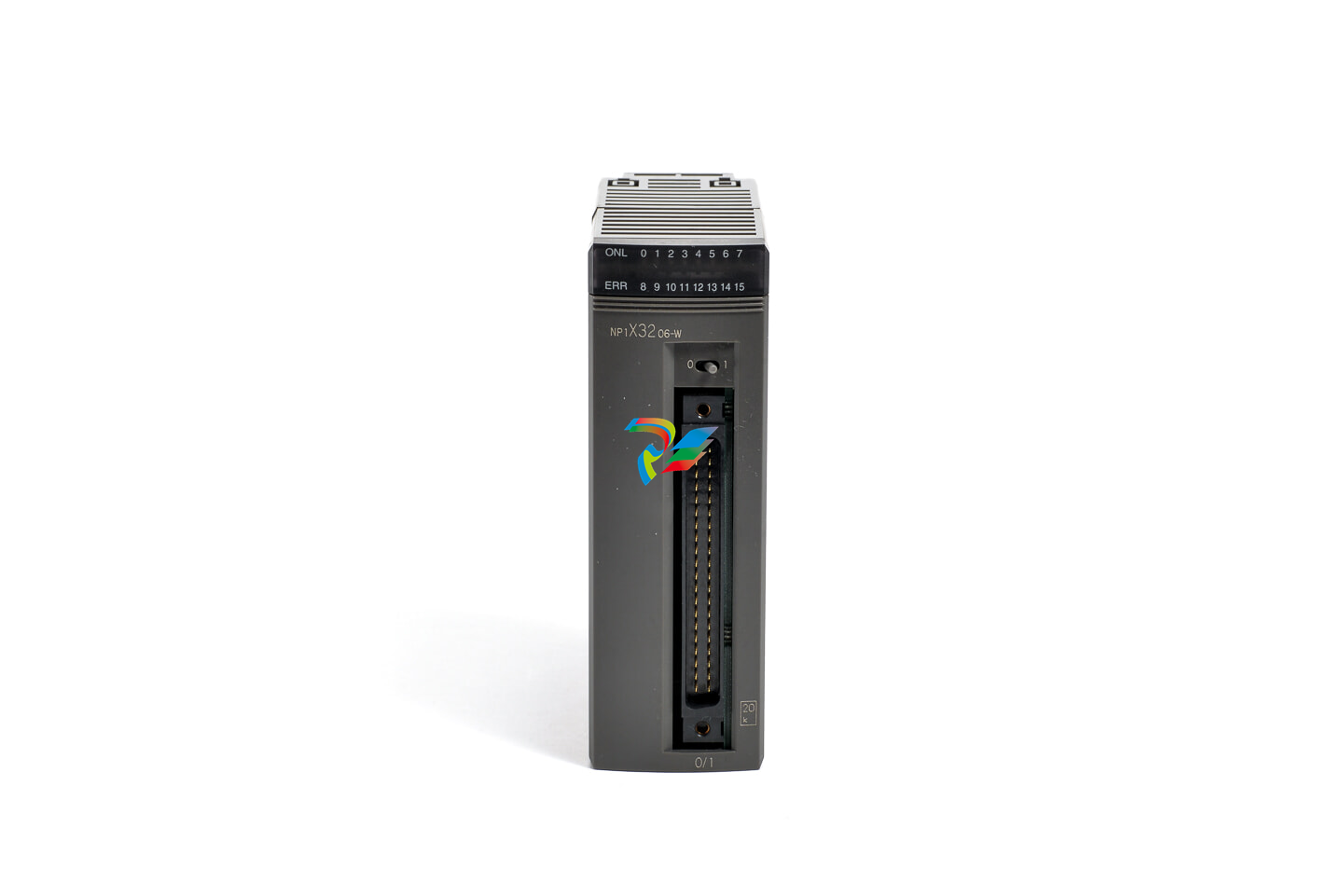
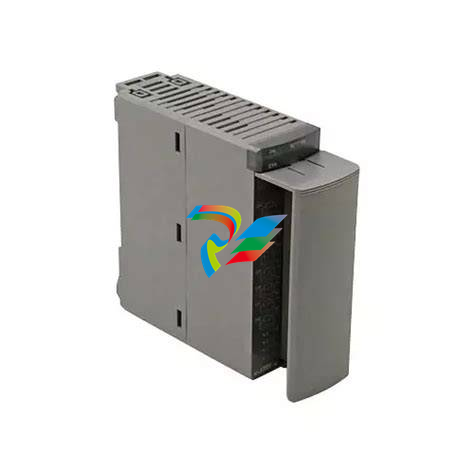
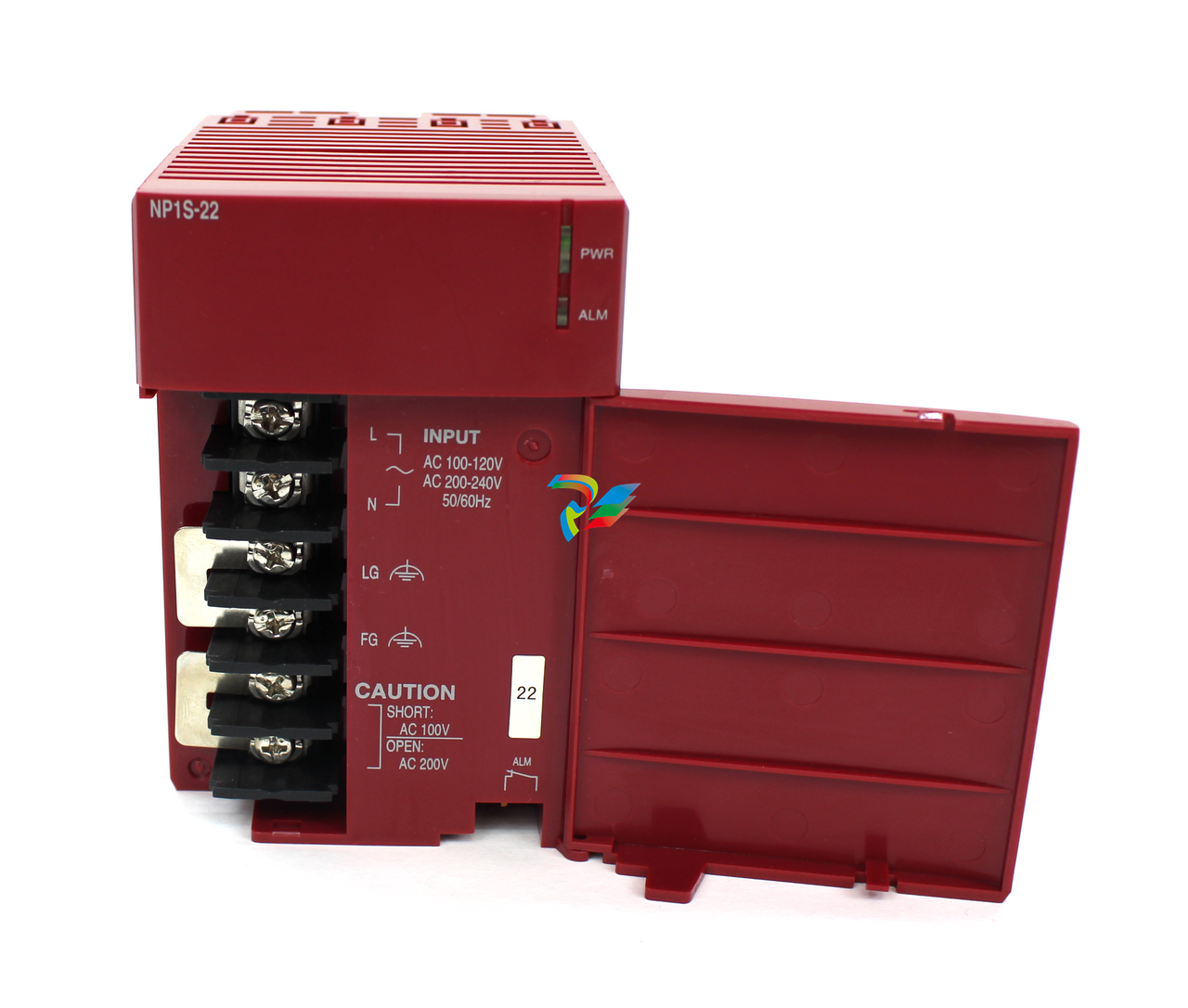
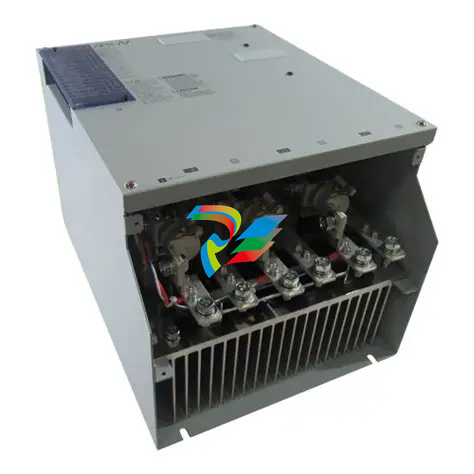
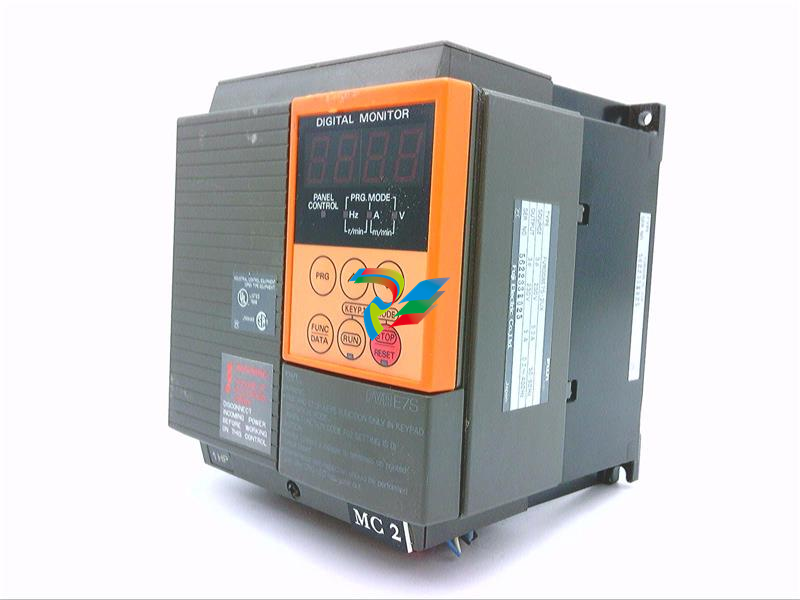
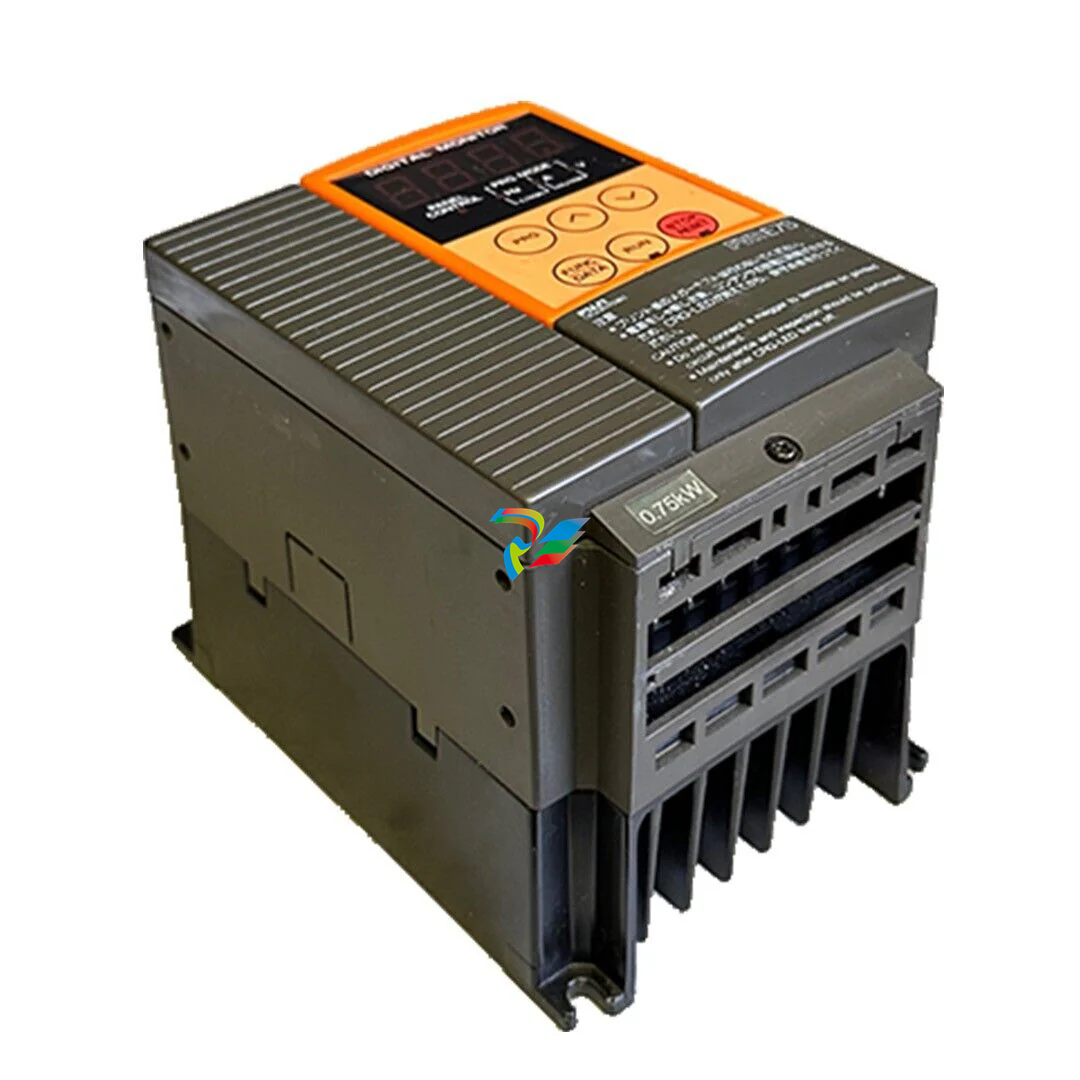
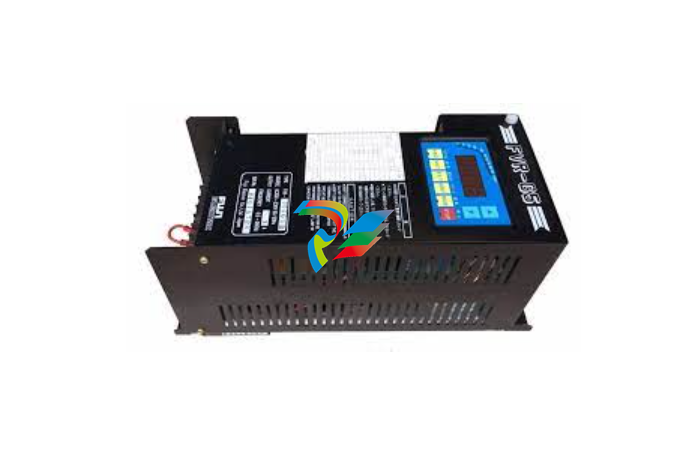
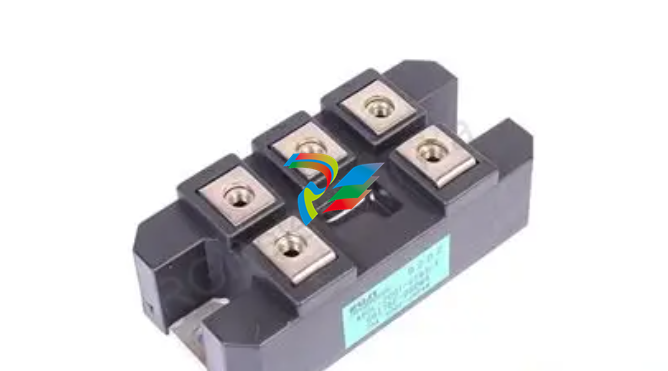
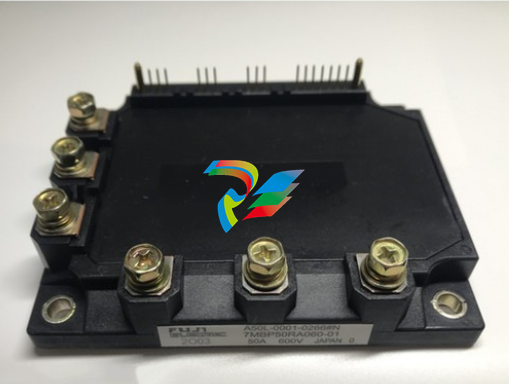
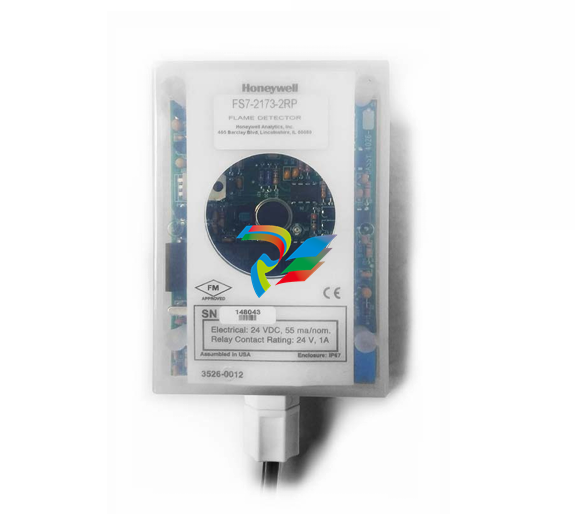
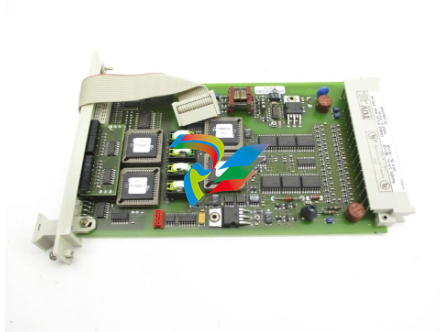
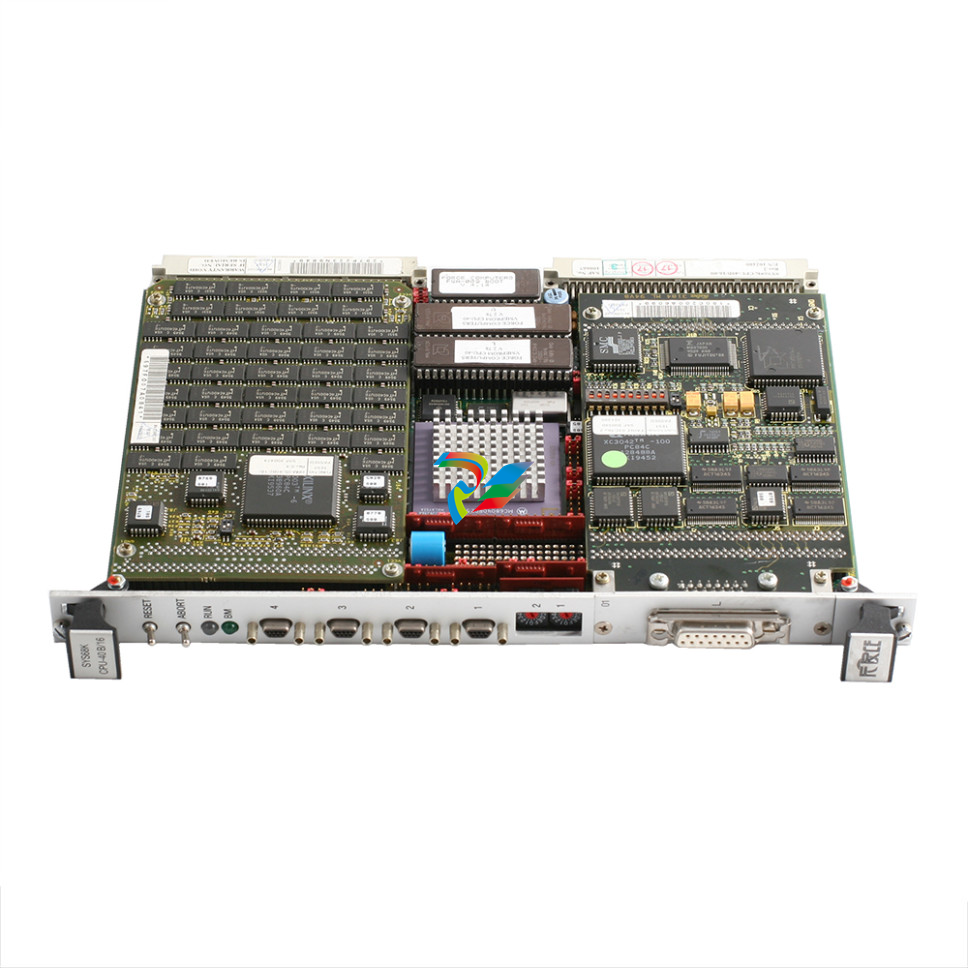
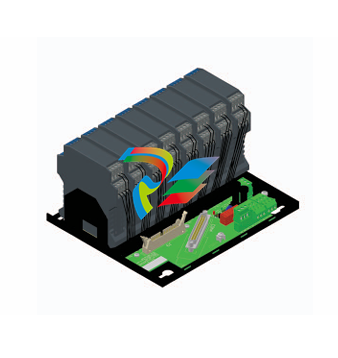
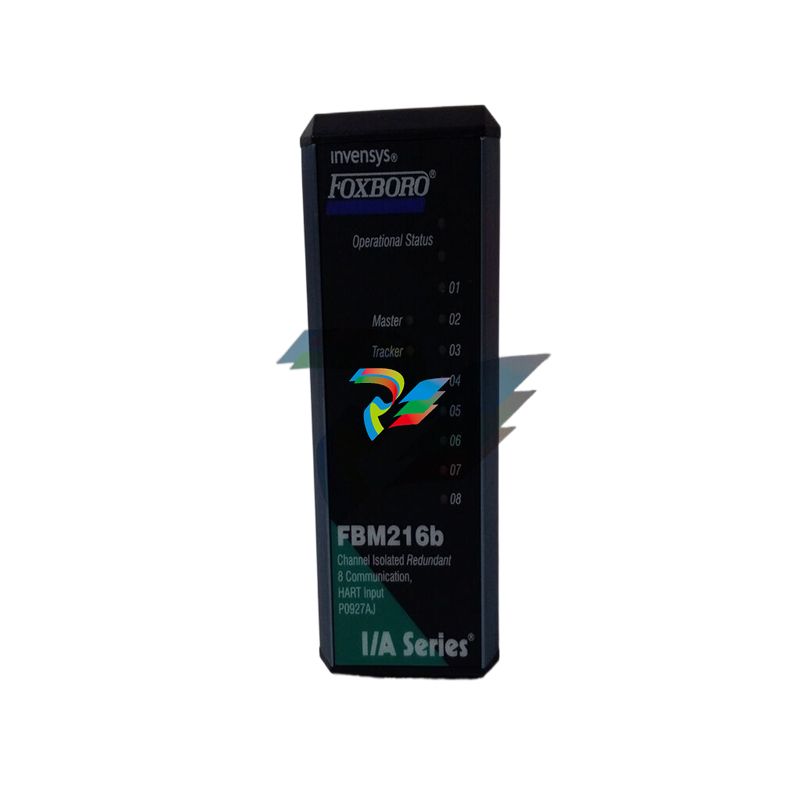
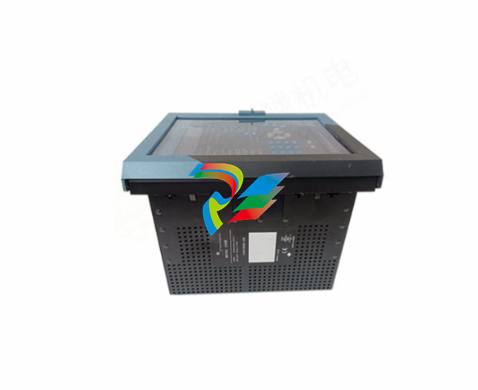
.jpg)
.jpg)
.jpg)
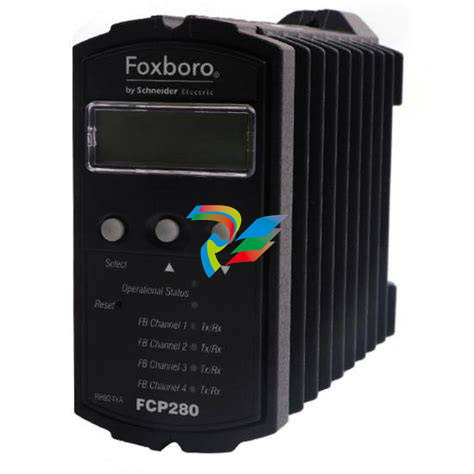
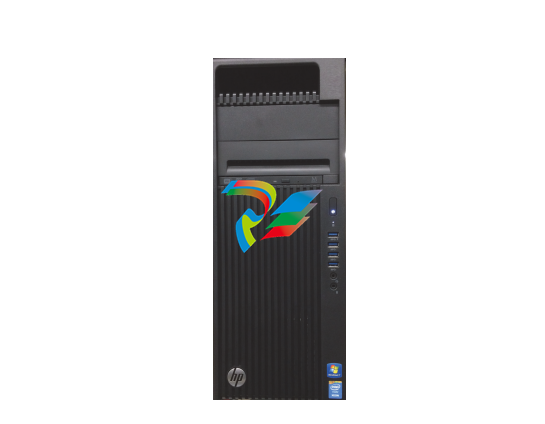
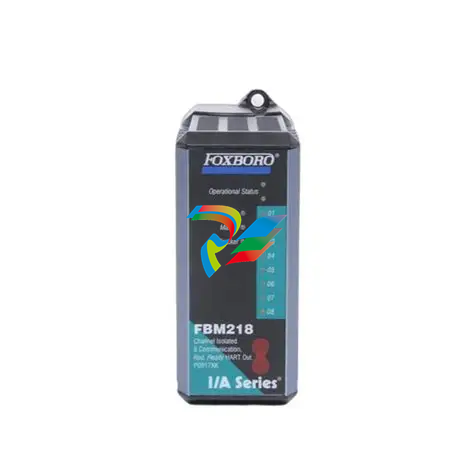
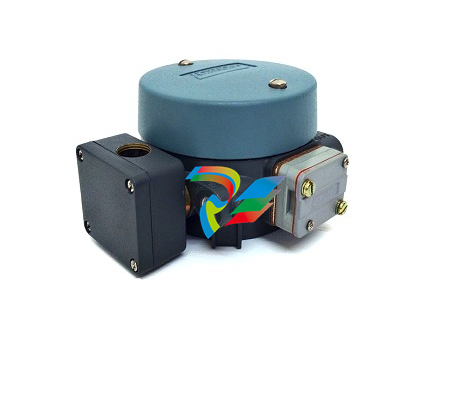
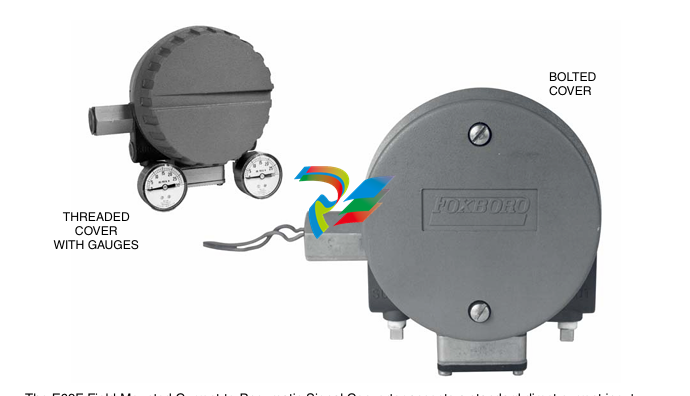
.jpg)
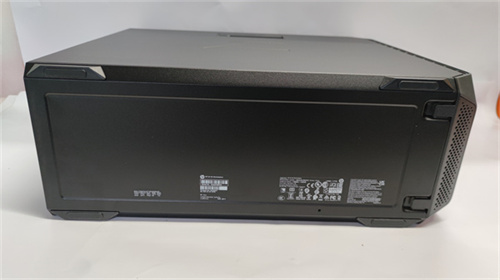
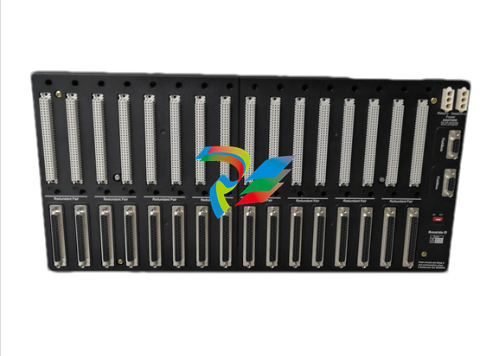
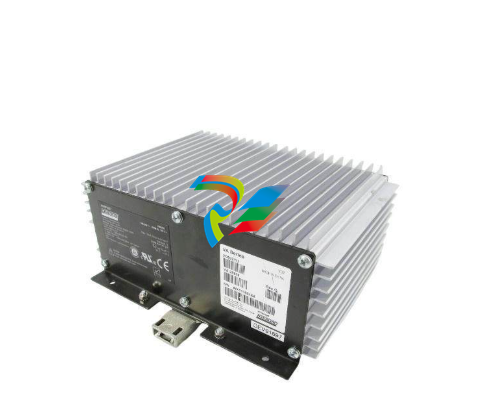
.png)
.jpg)
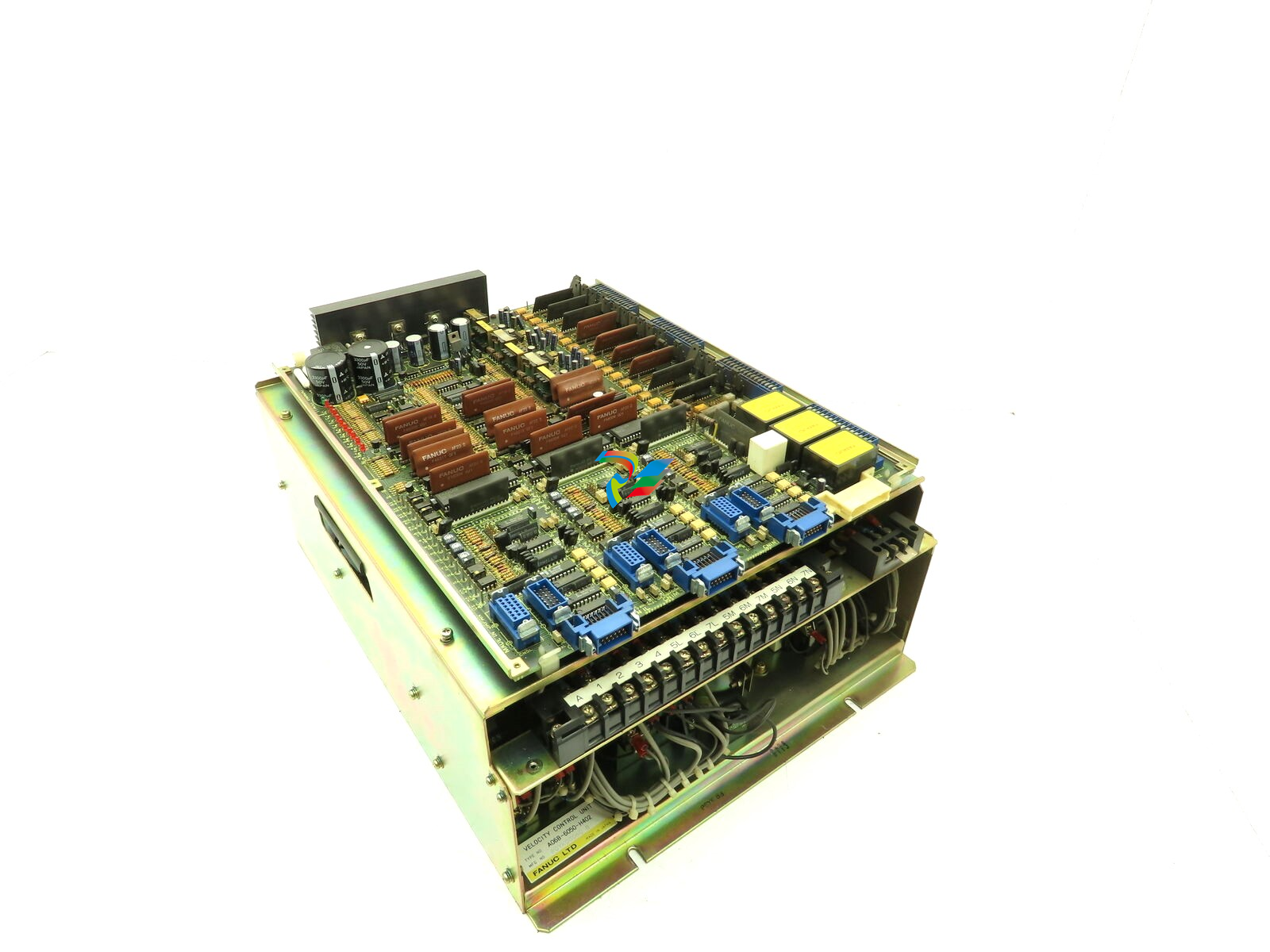
.jpg)
_lVjBYb.jpg)
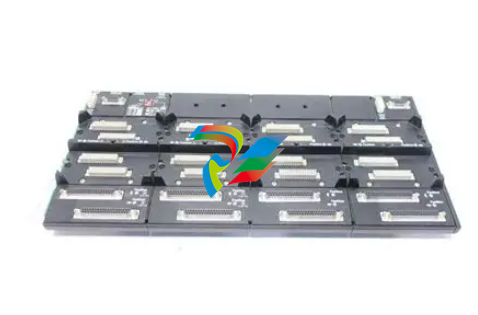
.jpg)
.jpg)
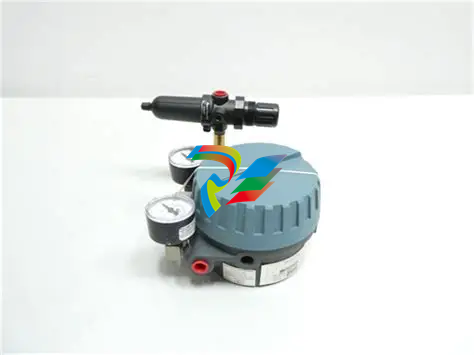
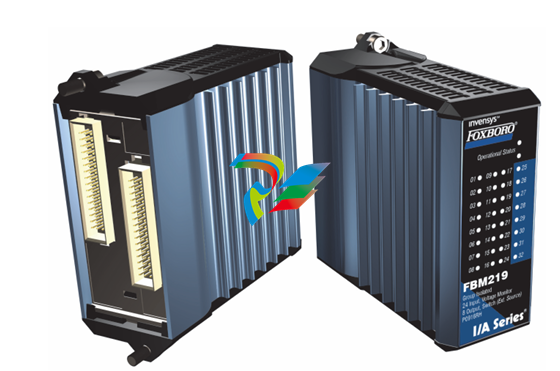
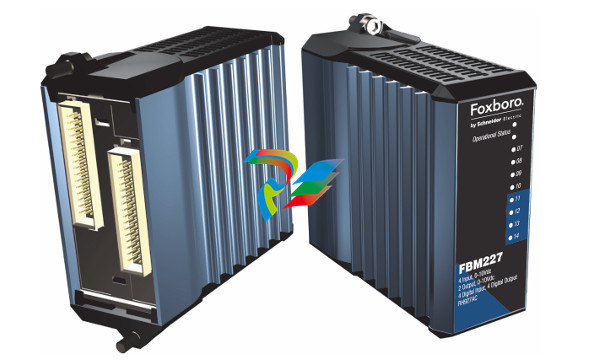
.jpg)
.jpg)
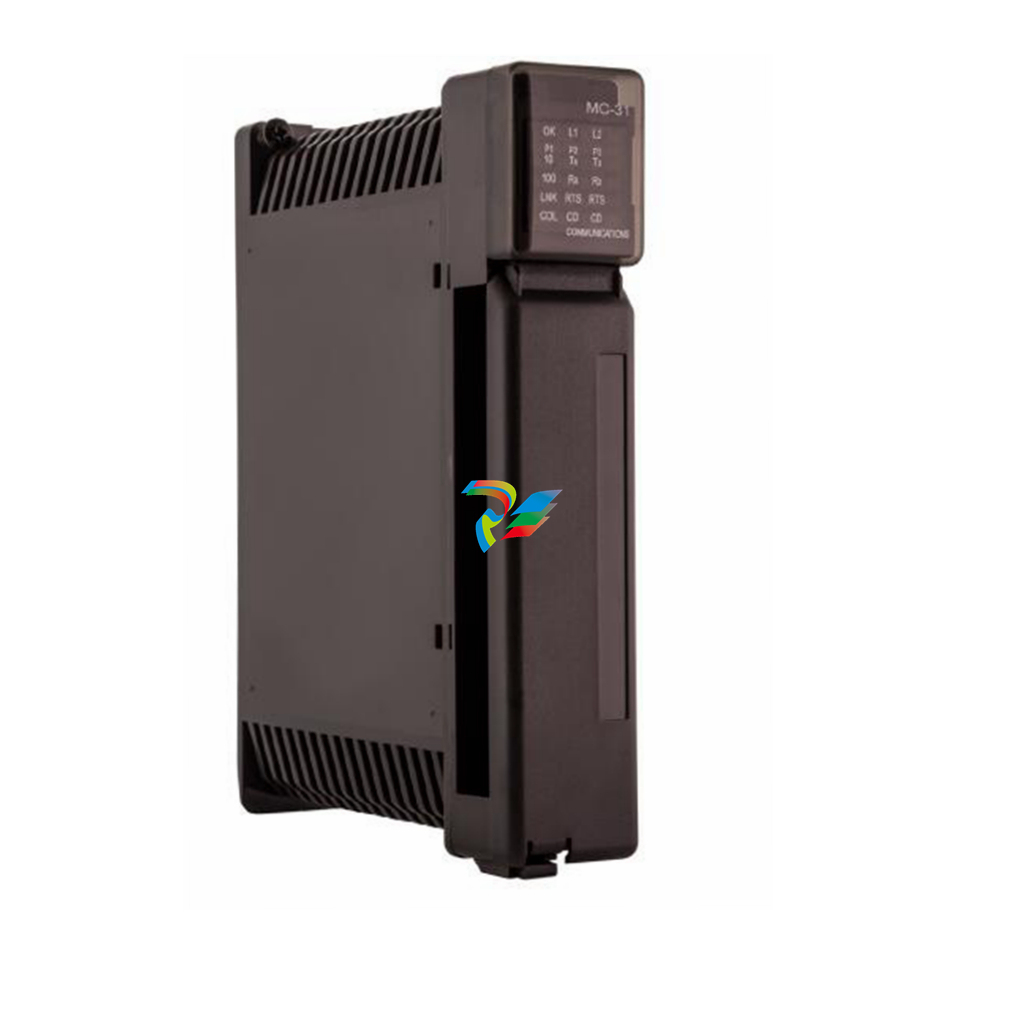
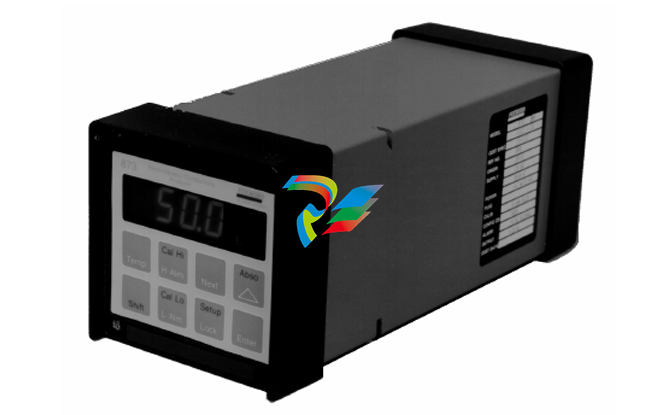
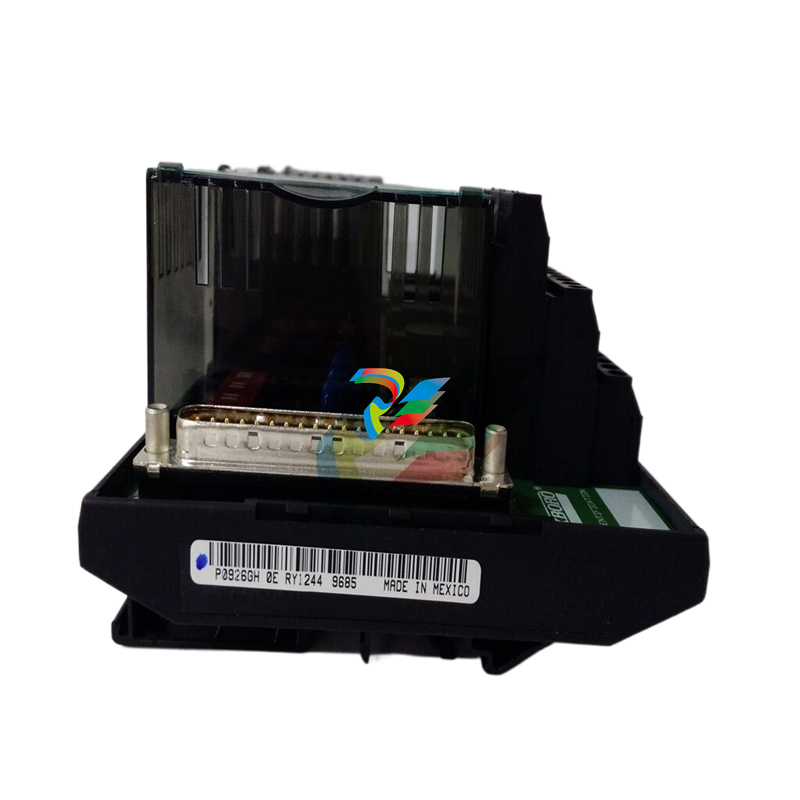
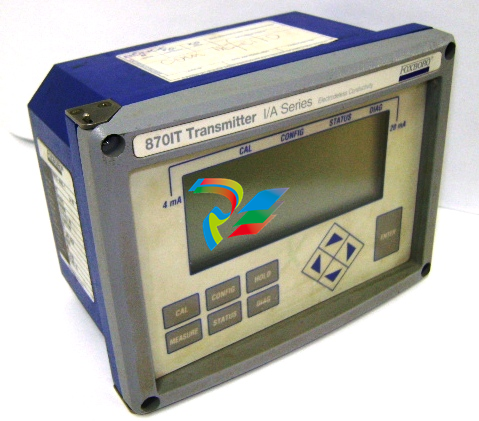
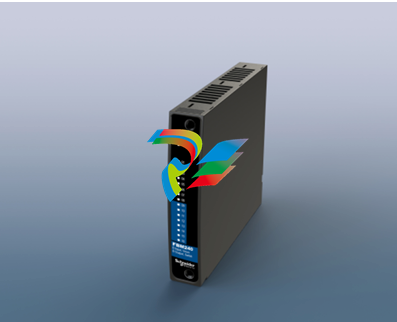
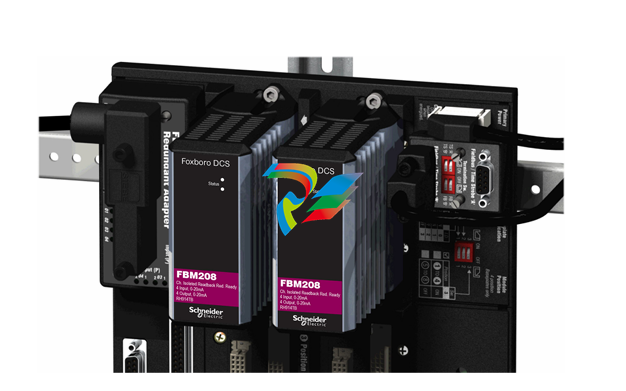
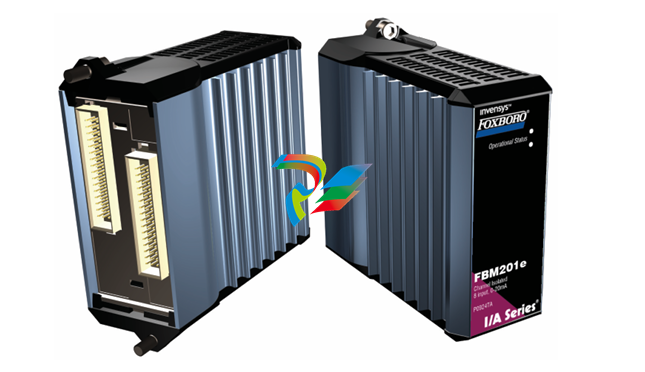
.jpg)
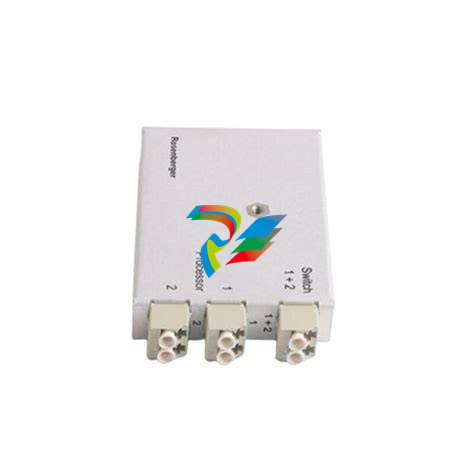
.jpg)
.jpg)
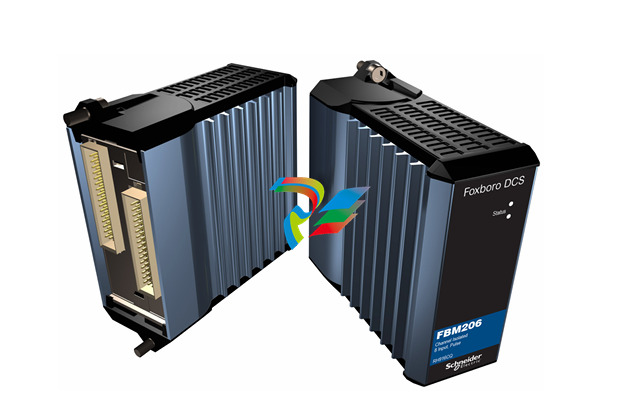
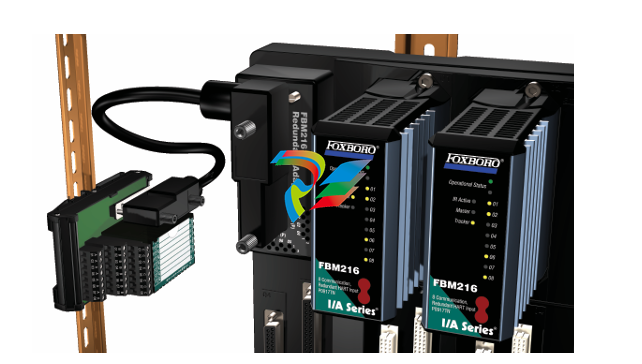
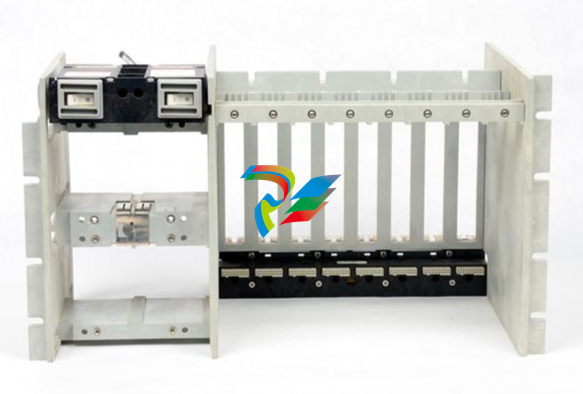
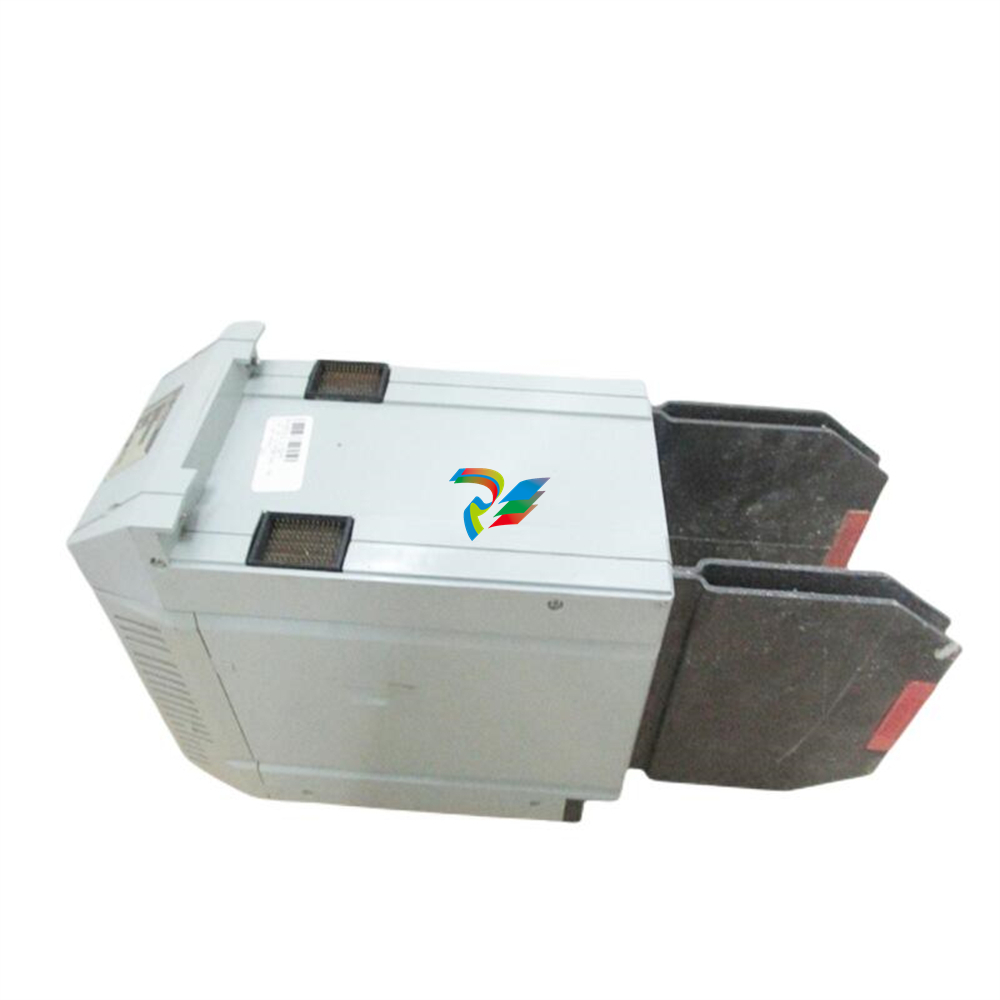
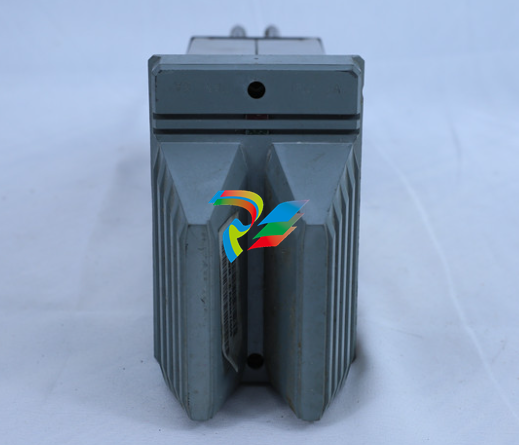
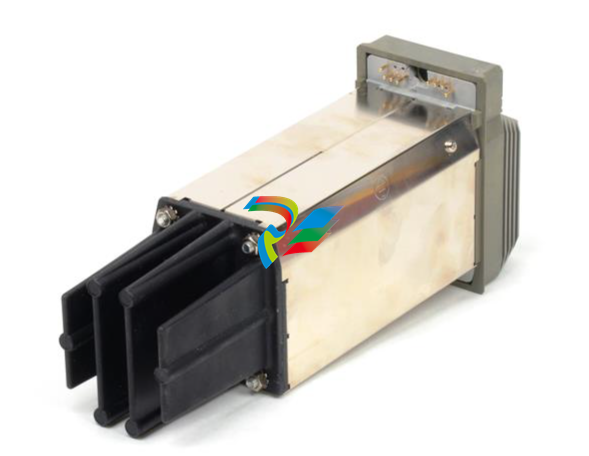
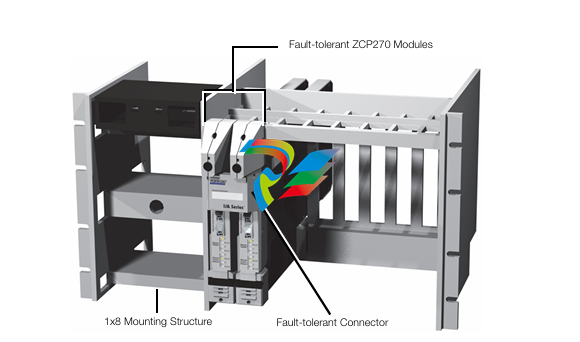
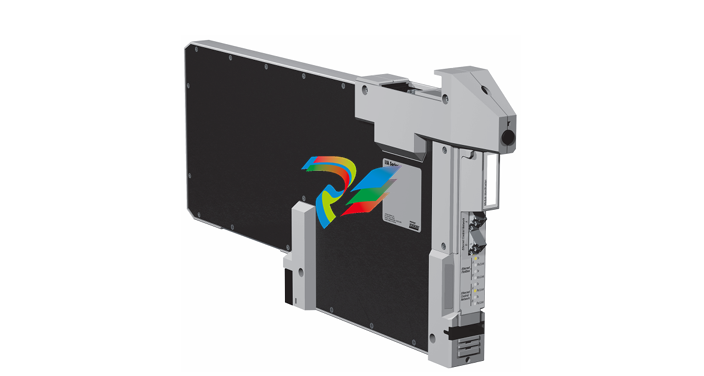
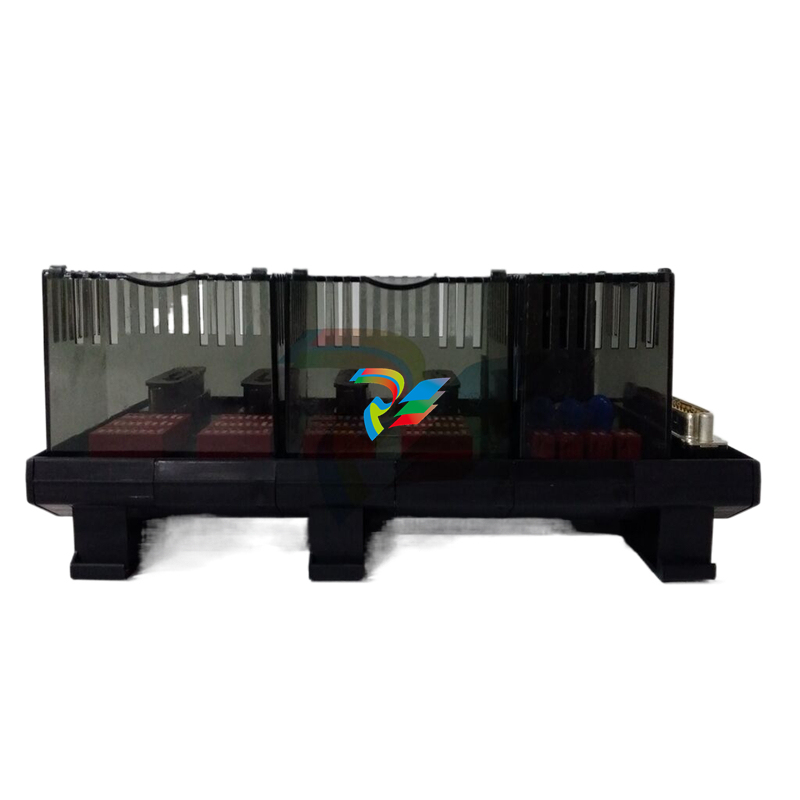
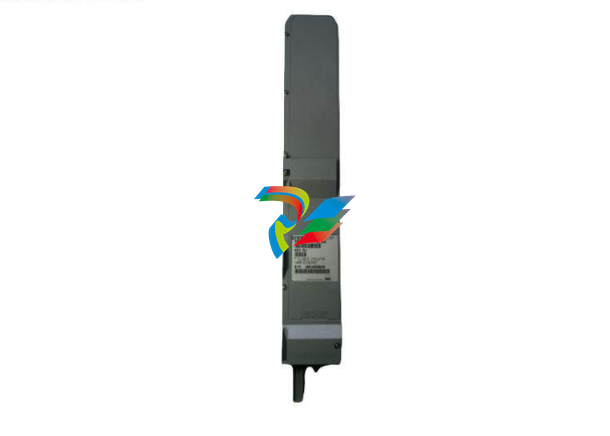
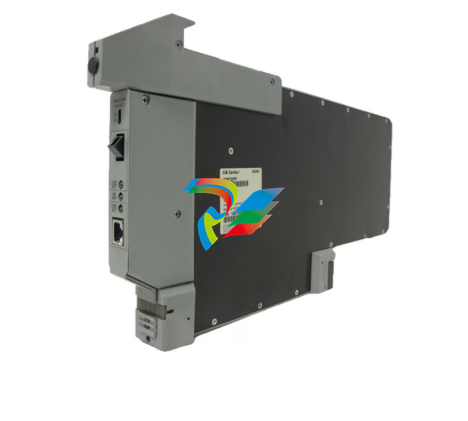
.jpg)
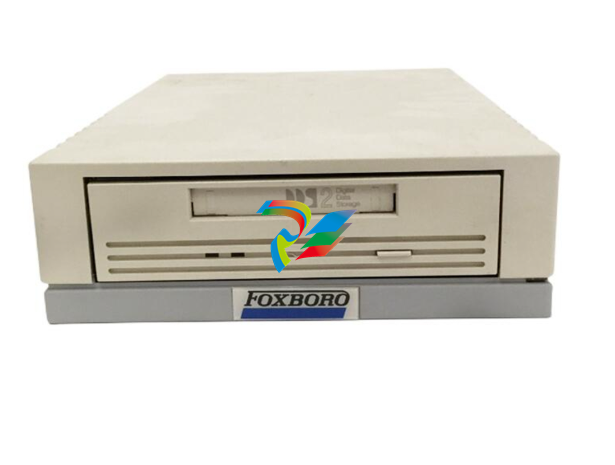
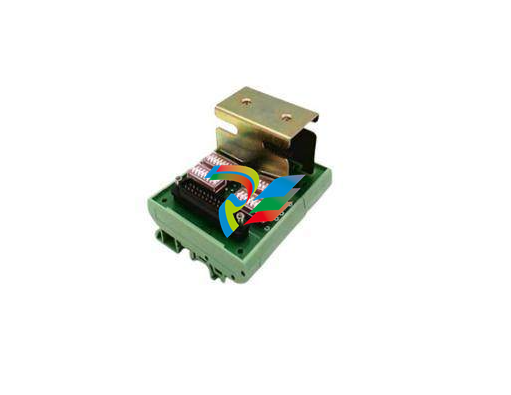
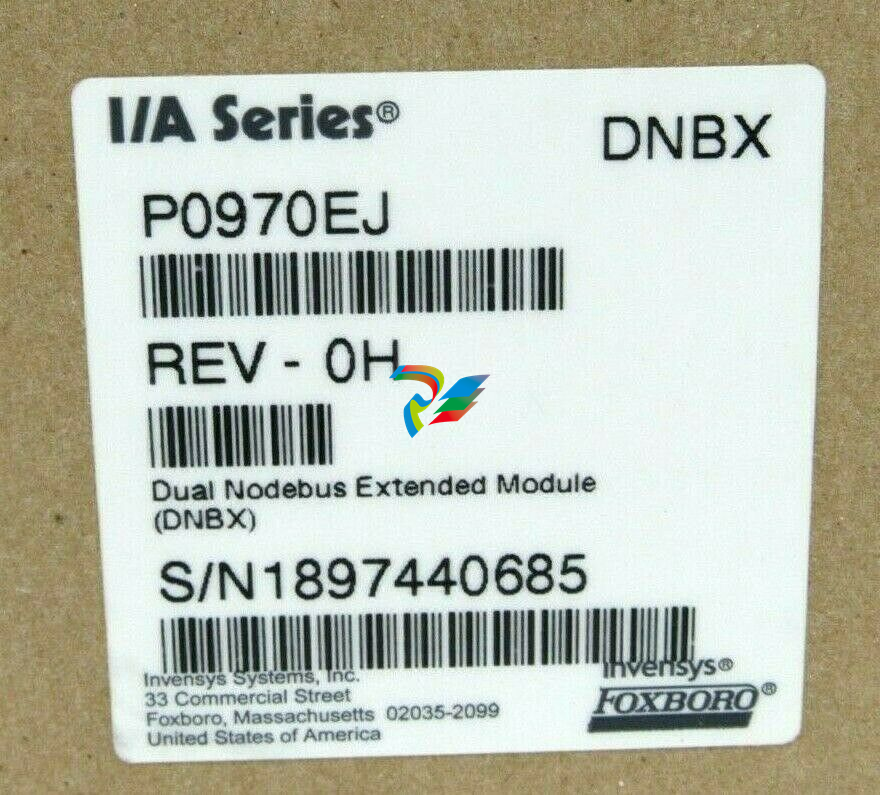
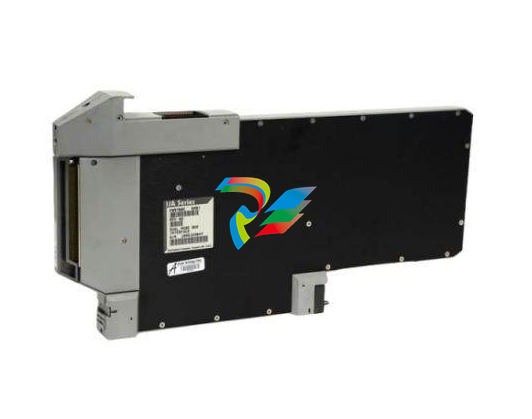
.jpg)
.jpg)
.jpg)
.jpg)
.jpg)
.jpg)
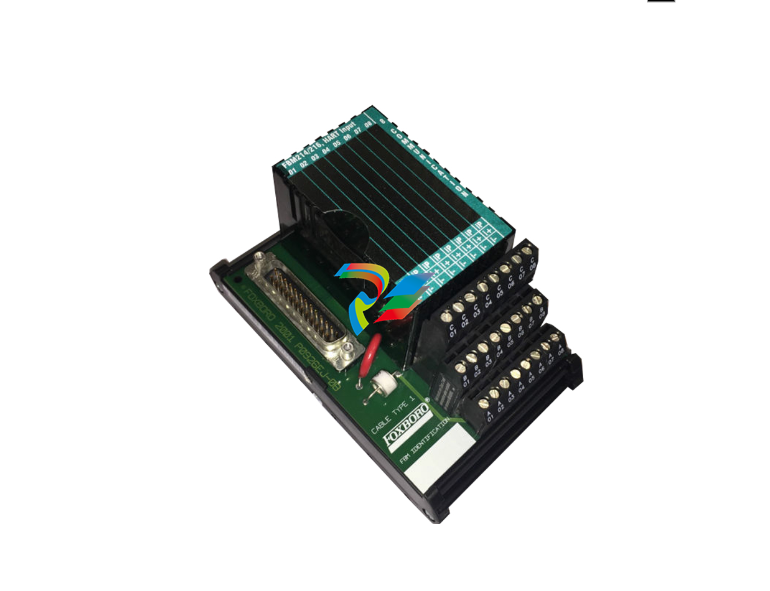
.jpg)
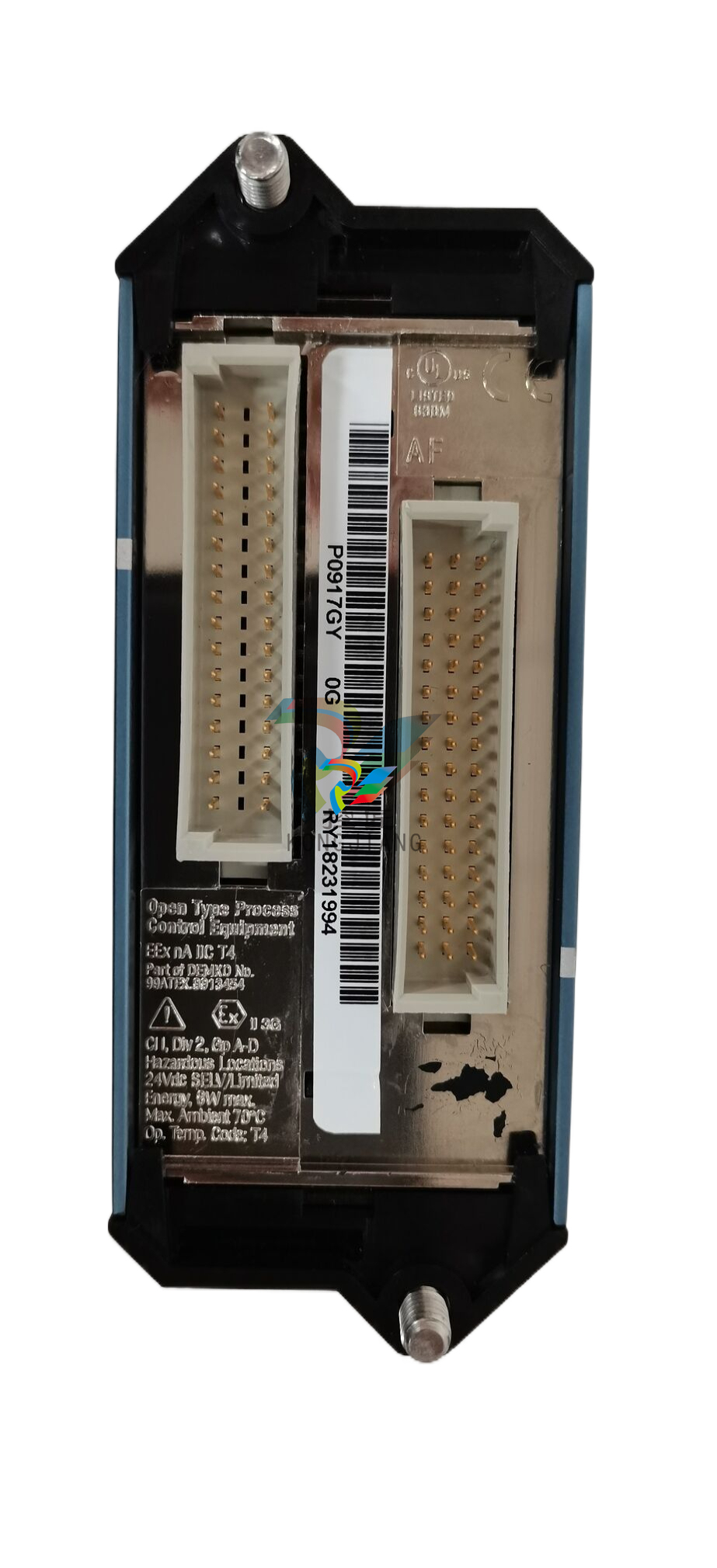
.jpg)
.jpg)
.jpg)
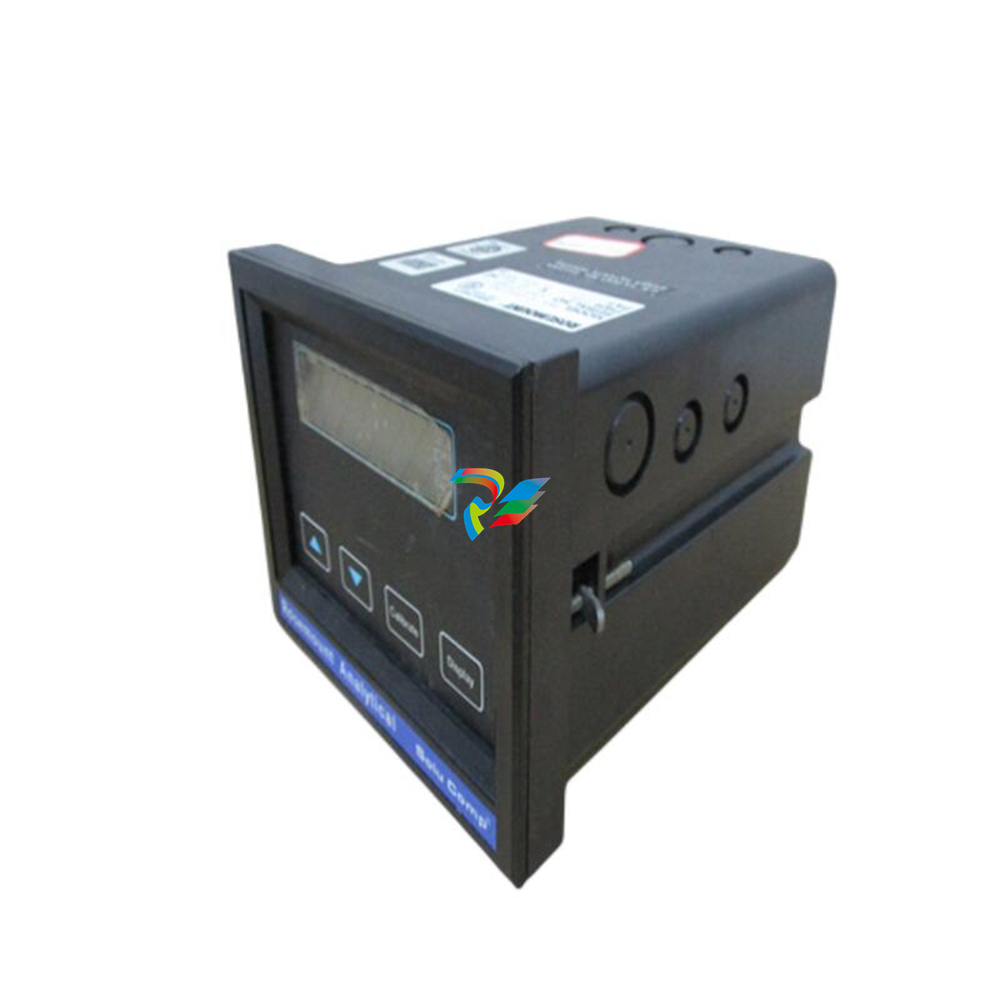
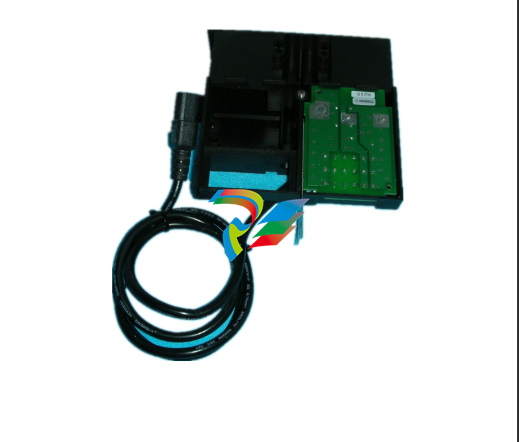
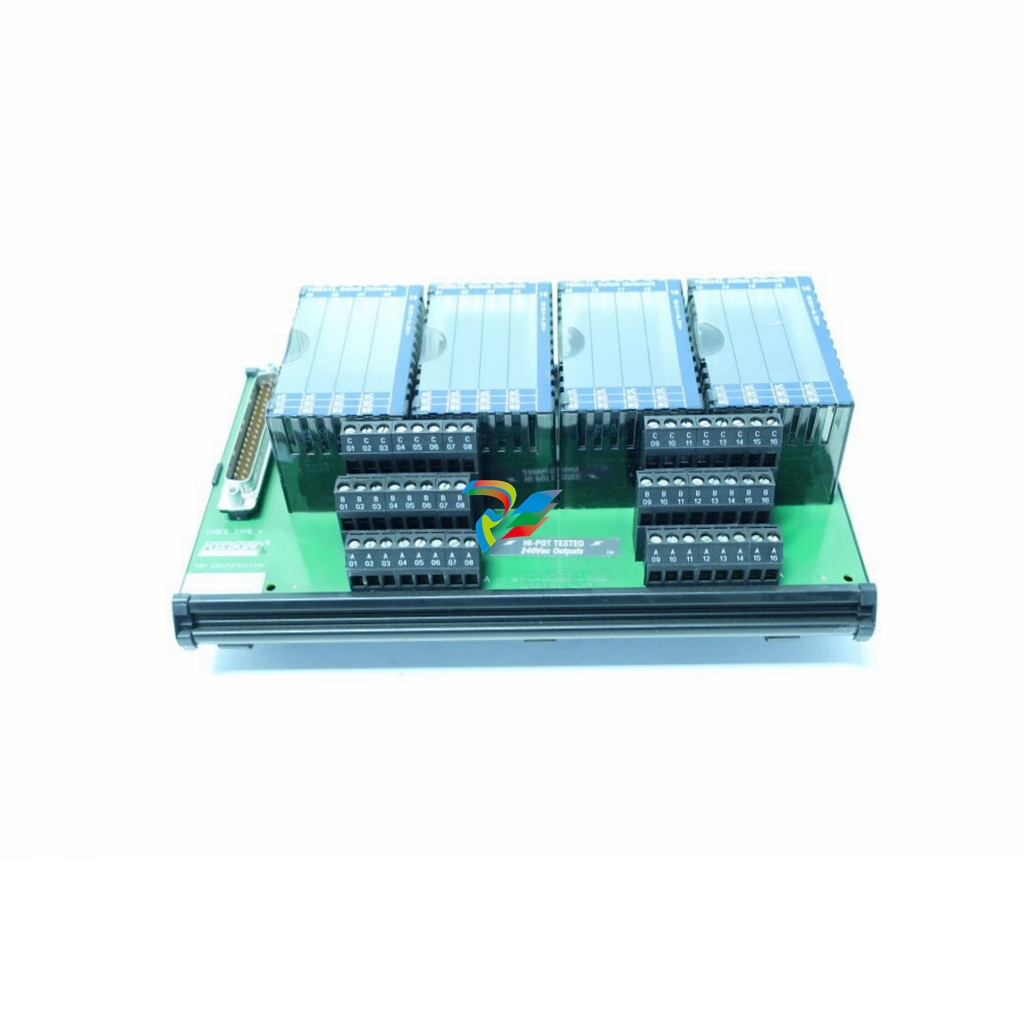
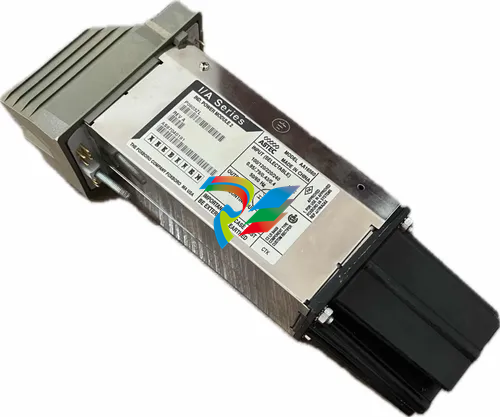
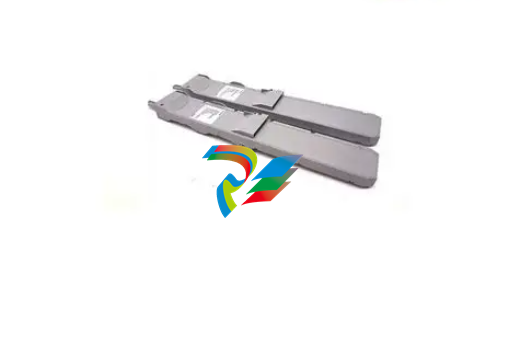
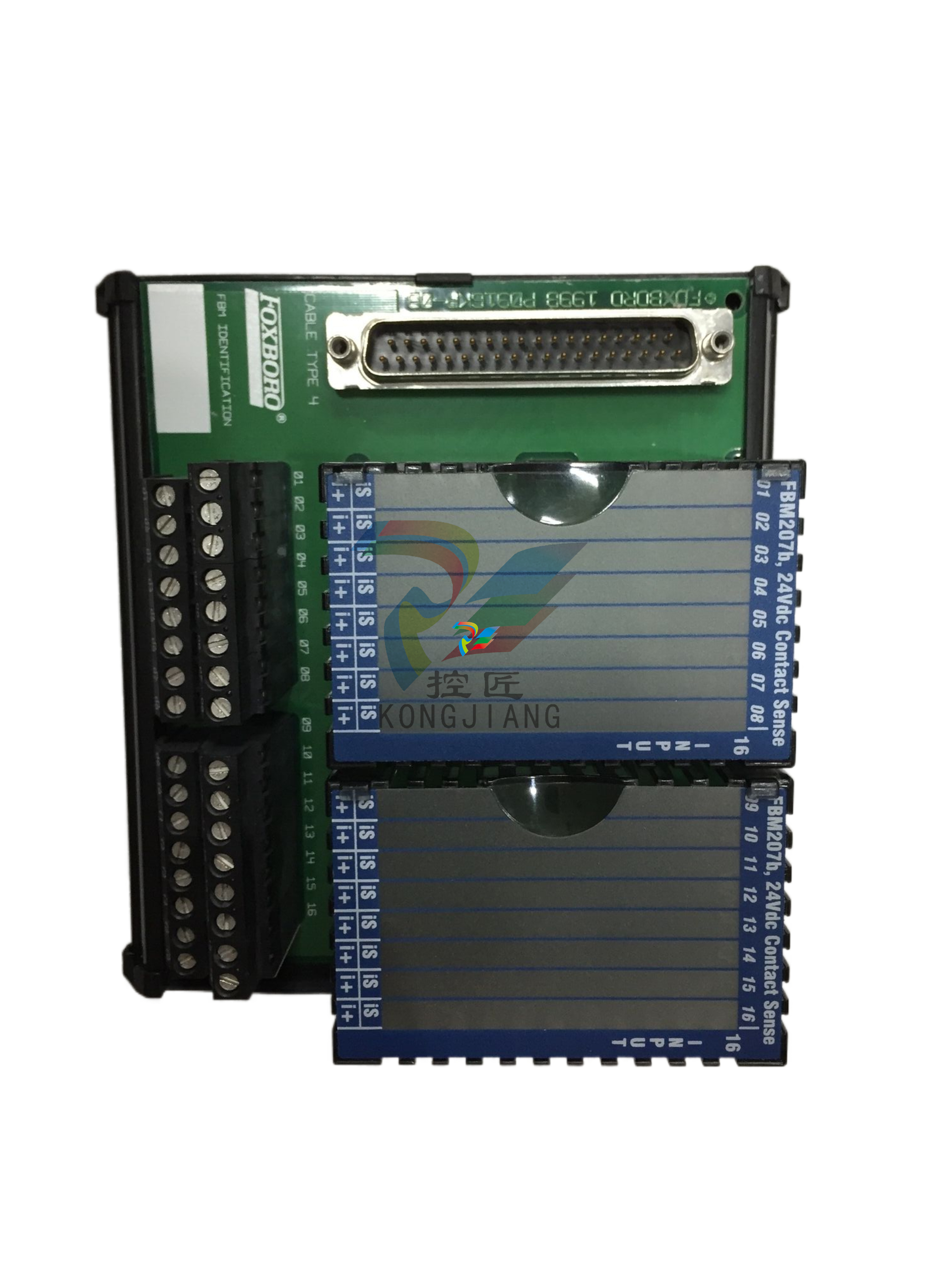
.jpg)
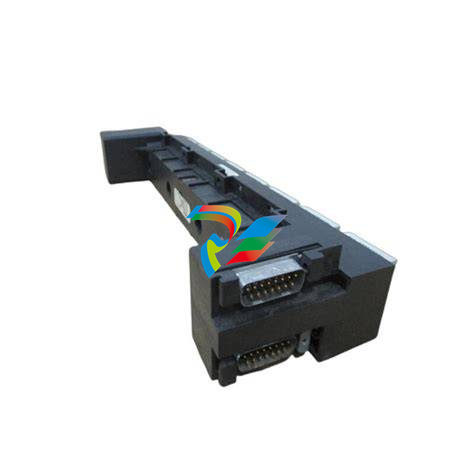
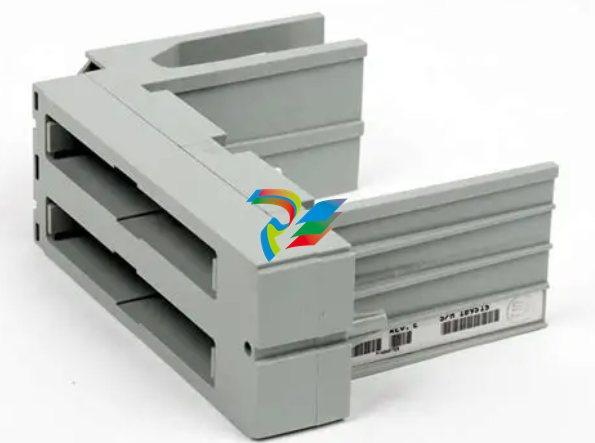
.jpg)
